ala breve
Inside this issue...
Alabama Celebrates 200 Years
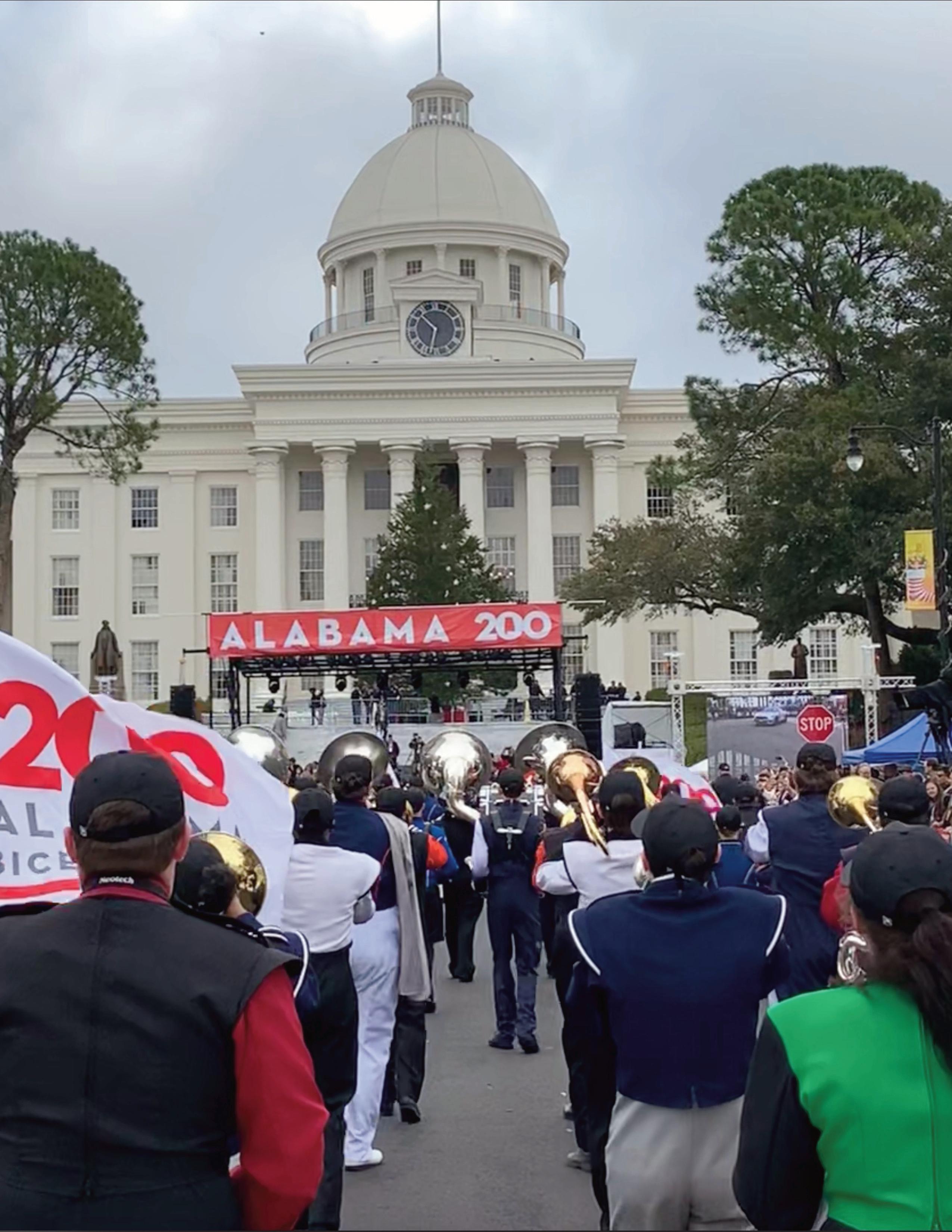
ABA & AVA All-State Schedules and Clinicians
AMEA Election Candidates
2020 AMEA Conference Photos and Awards
Never Take No from an Inanimate Object: A Guide to Teaching Oboists
Technology Tools for Concert Band Rehearsals
Collaboration Through Performance: The Alabama Winds and Alabama Voices
Purpose, Community, and Opportunity: A New Year’s Reflection
 The Official Publication of the Alabama Music Educators Association
The Official Publication of the Alabama Music Educators Association
www.myamea.org
February/March 2020
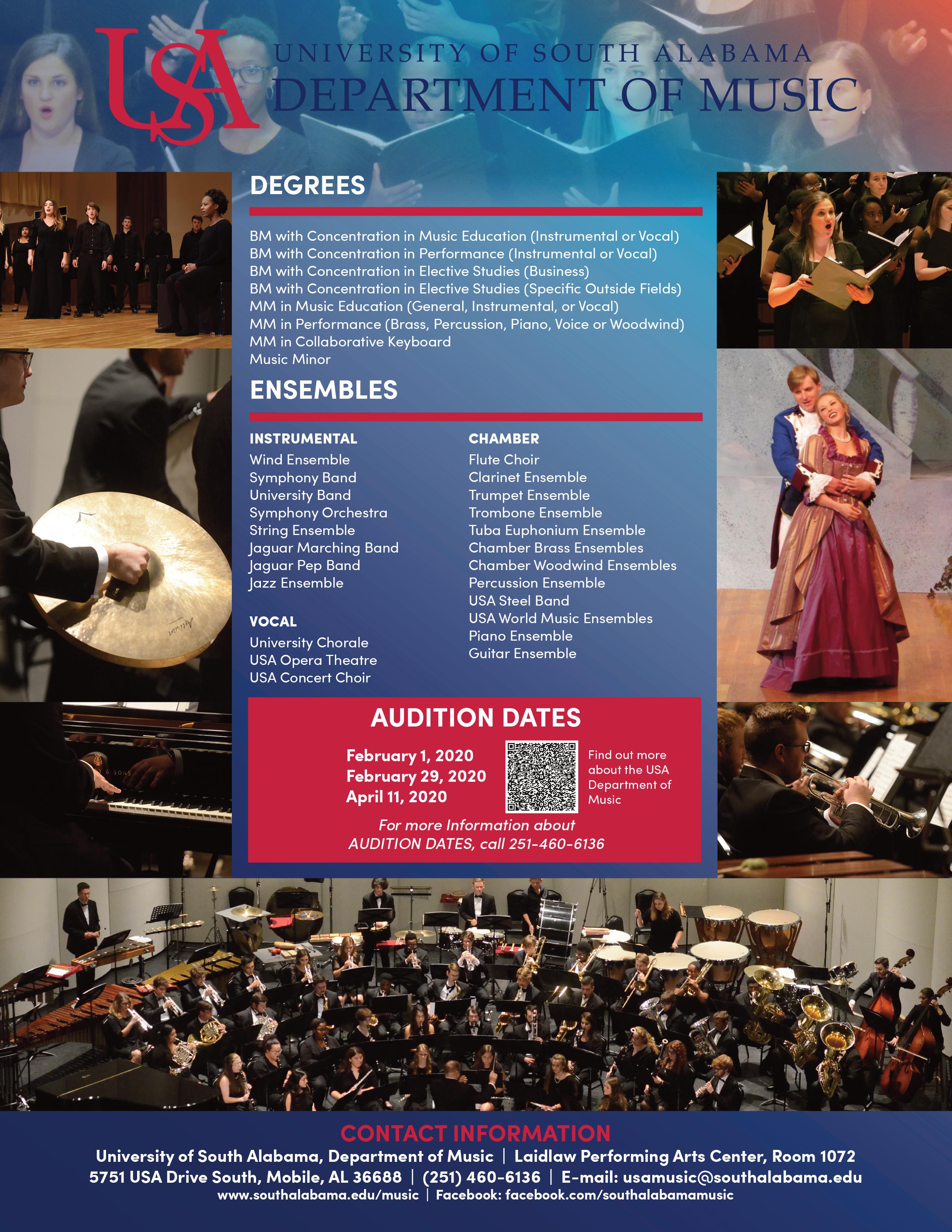
DON’T IMITATE. INNOVATE. THE NEW YVN.
When it comes to violin making, it was pencils down for centuries. Until Yamaha started asking big questions. Like, “how can we build a more high-quality student violin, with better sound and greater durability, in a more eco-friendly, sustainable way?” Discover how the new Yamaha YVN Model 3 nails all the right notes at www.yamaha.com/us/yvn/.

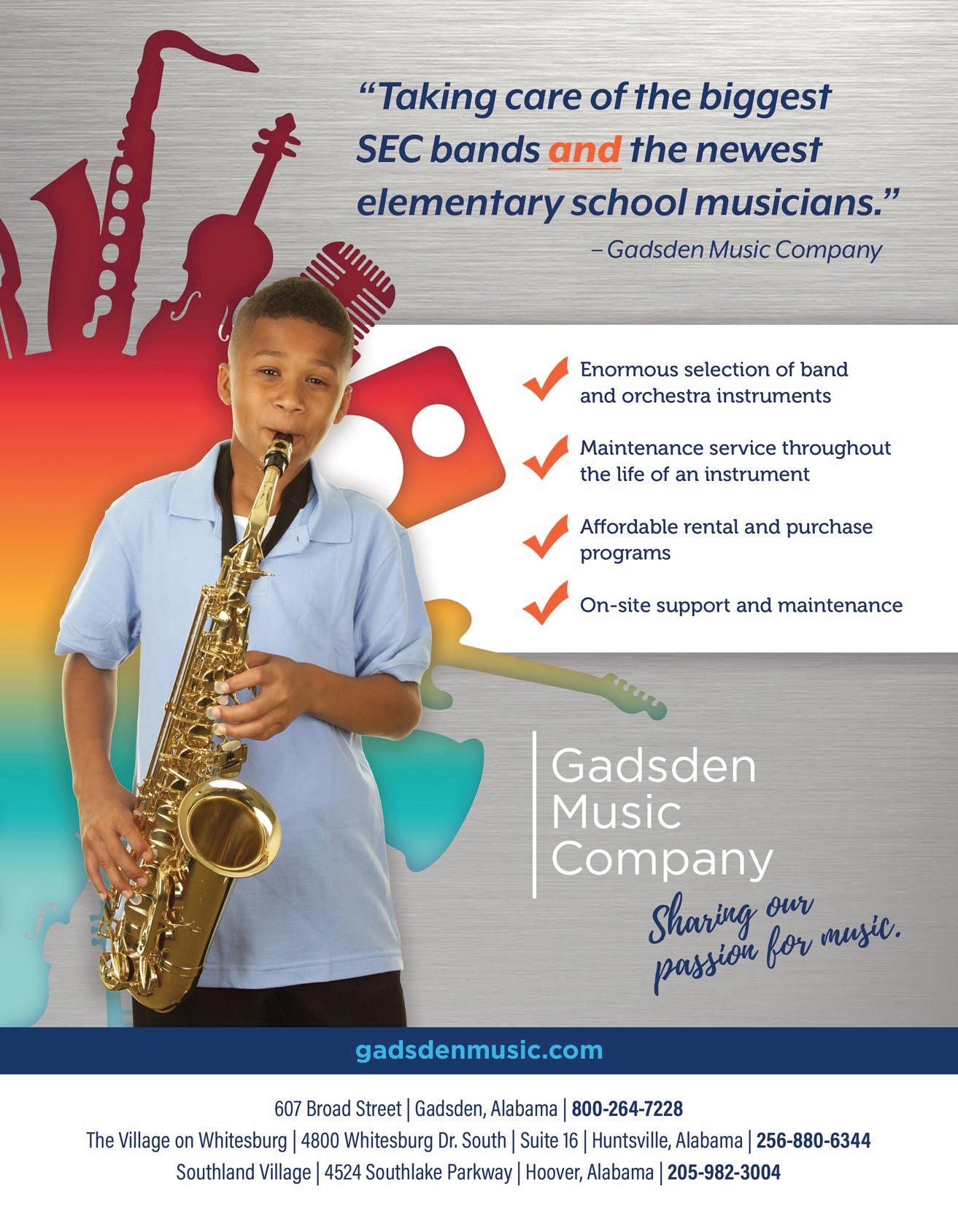

ala breve 5 Features... 9 AMEA Governing Board Directory 13 Changing Our Thinking About Advocacy by Rob Lyda 17 General Music Reviews by Deanna Bell 19 AVA All-State Clinicians 20 AVA All-State Schedule 21 Industry/Institutional Members 22 ABA Legislation 23 ABA All-State Clinicians 24 ABA All-State Schedule 29 Candidates for AMEA Election 32 Alabama Celebrates 200 Years by David Raney 34 Phi Beta Mu: Technology Tools for Concert Band Rehearsals 36 Purpose, Community, and Opportunity... by Matt Leder 38 Never Take No from an Inanimate Object... by Kathleen Bell 43 Band Music Reviews by Randall Coleman 44 Collaboration Through Performance by Elizabeth Haynes 46 Schedule of Events 48 Choral Music Reviews by William Powell ala breve the official publication of the Alabama Music Educators Association February/March 2020 Advertisers Index All-National Honor Ensembles 30 American College of Musicians 31 Arts Music Shop, Inc ..................back cover AU Music Department 41 AU Bands .................................................35 Gadsden Music Company 4 Huntingdon College Bands.......................50 John M Long School of Music (Troy) 11 MIOSM.....................................................37 Samford University 49 Smoky Mountain Music Festival 17 UA Bands Crimson Festival of Winds 42 UA Honor Bands ......................................12 UAB Music 28 UNA Department of Music ......................25 University of Montevallo 12 University of South Alabama Bands ........51 University of South Alabama Music 2 Yamaha .......................................................3 6 ..................... President 8 ..................... Registrar 10 ........................... AOA 15 .......................... HED 16 .................. Elem/Gen 18 .............................AVA 20 ........................... ABA 31 ..................... cNAfME Departments...
Greg Gumina, AMEA President
Happy 2020 AMEA!
Wow! What a Conference. If you missed it, and not many of you did, you definitely missed a life-changing experience. We once again achieved historically high attendance numbers which shows your dedication to our profession. One popular definition of Professional is “working and behaving in such a way that others think of you as competent, reliable, and respectful. Professionals are a credit not only to themselves but also to others.” We checked this box. Development is defined as, “a specified state of growth or advancement.” We checked this box as well. And Conference can be defined as, “a formal meeting that typically takes place over a number of days and involves people with a shared interest, especially one held regularly by an association or organization.” We definitely checked this box in Montgomery. Our 2020 Professional Development Conference was truly a group of dedicated Professionals gathered together with shared interests specifically for the purpose of growth and advancement. Thank you to all who performed, presented, presided, exhibited, volunteered, and/or attended. I think we all owe a collective standing ovation to Dr. Carl Hancock, Pat Stegall, and Mary Ann Stegall for the best registration process in the history of AMEA! And thanks to all of you who pre-registered which made the process so efficient. Our conference is actually six simultaneous conferences, and the reason we are able to have such
great experiences is because the Division leadership is so strong and devoted. Thanks and congratulations are indeed in order for the leadership teams from all our Divisions.
ADVOCACY
Dave Satterfield’s Keynote Address at our conference was so well prepared, delivered, important, and on point. Particularly of interest was his message regarding Advocacy. The idea that there is “no new money” and that “the competition for the money that does exist is fierce” were both points well taken. Dave suggested four fundamental principals for Advocacy and showed that they are the same whether speaking to local, state, or federal policymakers, district officials, potential donors and supporters, or even the media. The first was documenting the accomplishments and achievements of our groups, students, and schools. This is often the thing we neglect because of our already taxed schedules and real-life obligations. But, we must do it. We must quantify what we accomplish. Dave went on to reminded us that Advocacy begins at the local level and that no matter who we talk to, they all have a vested interest in our successes. His third point on Advocacy was to make it personal. Invite the Superintendent, School Board Members, Local Elected Officials, and State Elected Officials to visit you in your classroom quarterly. If they don’t immediately respond, keep trying because at some point they will, and then the relationship can become
personal and twice as effective. Mr. Satterfield finished his thoughts on Advocacy by making the point that we need to begin the process with the end result in mind. Our end result is that policymakers, decision-makers, and funding sources already know us and are in a position to help when we ask because they are familiar with our programs and their benefits. Let’s all make a commitment to spend some time building relationships with decision-makers and taking action on Advocacy for our profession, our art form, our programs, and most importantly our students.
Arts Alliance Summit

On April 2, AMEA President-Elect David Raney, ABA President-Elect Joel Henson, Elementary/General Division President Betty Wilson, and I will attend the Alabama Arts Alliance PreConference Summit. The event will gather leaders from all areas of Arts Education in our state for a day of learning, brainstorming, and cooperation. The sessions will be facilitated by the Alabama State Department of Education Arts Education Specialist Andy Meadows and promise to be another opportunity to coordinate and fellowship with our fellow Arts Educators.
Vote!
This is a voting year for us, both at the state (AMEA) and national (NAfME) levels. Please read through the bios of

6 February/March 2020
our in-state candidates for PresidentElect and Recording Secretary which are included in this issue of the Ala Breve. Voting will be conducted online by email link. Please make sure you are receiving emails from AMEA so that you will be able to vote. Voting will open on March 1st and close on April 1st. In the last issue of the Ala Breve, I challenged you as an organization to achieve the highest voter turnout in AMEA history. I hereby repeat that challenge. Voting at the national level is now open as well. You should have received at least two emails concerning the elections from NAfME already. We are electing our National PresidentElect and Southern Division President-Elect, plus we are voting on two proposed By-Law Amendments. I urge you to make your voice heard in all these voting opportunities.
Resort and Convention Center in Orlando, Florida. Ensembles include Concert Band, Symphony Orchestra, Mixed Choir, Jazz Ensemble, Guitar Ensemble, and Modern Band. Please see the NAfME website for more information. March is Music in Our Schools Month. What do you have planned? It would be a great opportunity to start working on some initial Advocacy efforts in your community. The NAfME website has a lot of resources and information to help us celebrate Music in Our Schools Month, including lesson plans.
Wrapping it up
Applications for the 2020 All-National Honors Ensembles opened on Friday, January 31. The event will take place on November 5-8, at the Gaylord Palms
The AMEA Governing Board met following our convention and one of the recurring themes of the conversation was how much we all enjoy having our event in Montgomery. As you know, we will be returning to Montgomery for our 2021 Convention, which will also be our 75th Anniversary Celebration. The convention will then return to Birmingham for the following two years. So we all need to make the
most out of our stay in Montgomery next year while thinking of ways to make our Birmingham experience more similar to Montgomery. I would respectfully ask that each of you think of ways we can make Birmingham more like Montgomery, and then send those ideas to your Division Presidents. The Board has agreed to talk about this at our meeting in June. I would like to both congratulate and thank Susan Smith for her six years of faithful service on the AMEA Governing Board. She is a true professional and always keeps the needs of the students as her top priority. I wish all of you a great 2020 filled with awesome lesson plans, beautiful concerts, collegial professionalism, and many student success stories shared with others.
Music education AWESOME in Alabama!
Respectfully Submitted,
Greg Gumina, AMEA President

ala breve 7
News from NAfME
Pat Stegall - AMEA Registrar

From the Registrar

Thanks to everyone for being prepared with your tickets for registration and check-in at the 2020 Alabama Music Educators Professional Development Conference! The process we are using now is very quick as long as you have pre-registered for the conference and joined/renewed your NAfME membership. Opening the check-in on Wednesday evening allowed us to get a head start. We checked in about 120 members that night which really helped. I encourage more members to take advantage of this if you arrive on
Wednesday. We had 950 paid attendees for the conference. That is not a record, but that is a strong showing! Let’s increase next year’s attendance by inviting our members that did not attend this year. A special thank you to Dr. Carl Hancock for his help with the technology. This has really made a difference for our conference registration. Let me know of anything that you can think of that could help us make the process even better. PS
AMEA Presidents - Past to Present
8 February/March 2020 1946 Yale H . Ellis 1948 Walter A . Mason 1950 Vernon Skoog 1952 John J. Hoover 1954 Lamar Triplett 1956 Carleton K . Butler 1958 Mort Glosser 1960 Wilbur Hinton 1962 Lacey Powell , Jr. 1964 G. Truman Welch 1966 Jerry Countryman 1968 Floyd C . McClure 1970 Jerry Bobo 1972 Frances P. Moss 1974 George Hammett 1975 Frances P. Moss 1976 S . J. Allen 1978 W. Frank McArthur 1980 Paul Hall 1982 Lacey Powell , Jr. 1984 Johnny Jacobs 1986 Merilyn Jones 1988 Ronald D. Hooten 1990 Ken Williams 1992 Dianne Johnson 1994 James K . Simpson 1996 Johnnie Vinson 1998 Michael Meeks 2000 John McAphee , Jr. 2002 Tony Pike 2004 Becky Rodgers 2006 John Baker 2008 Pat Stegall 2010 Steve McLendon 2012 Sara Womack 2014 Carl Hancock 2016 Susan Smith 2018 Greg Gumina
AMEA Governing Board 2019-2020
President Greg Gumina Shades Valley High School 6100 Old Leeds Road
Irondale, AL 35210 (205) 956-4638
ggumina85@gmail.com
Immediate Past President Susan Smith 104 Smith Hall Troy, AL 36082 (334) 670-3322

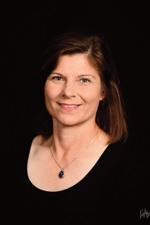
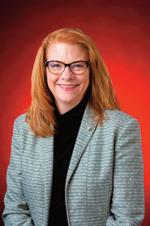
ssmith26024@troy.edu
President, AOA
Guy Harrison 218 Goodwin Music Building Auburn University, AL 36849 (334) 844-8192
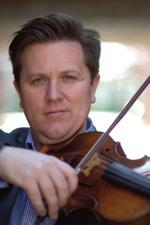
gfh0002@auburn.edu
President, AMEA Collegiate Jackson Vaughan jvaugha1@samford.edu

Industry Representative Becky Lightfoot Arts Music Shop 3030 East Blvd Montgomery, AL 36116 334/271-2787
beckyl@artsmusicshop com
Executive Director
Editor, Ala Breve Garry Taylor 1600 Manor Dr NE Cullman, AL 35055 (256) 636-2754
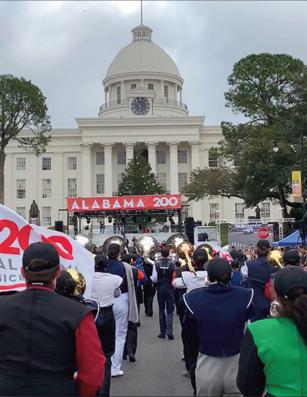

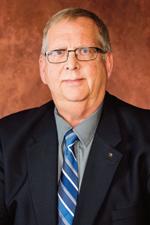
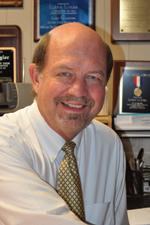
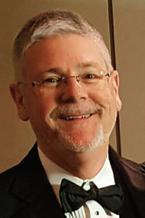

amea@bellsouth.net
President-Elect
David Raney Sparkman High School 2616 Jeff Road Harvest, AL 35749 256-837-0331 draney@madison.k12.al.us
Recording Secretary Carla Gallahan

113 Long Hall Troy University Troy, AL 36082 (334) 670-3502 recording_secretary@myamea.org
President, AVA
Megan Jones Decatur High School 1011 Prospect Drive Decatur, AL 35601 (256) 552- 3011 presidentofava@gmail.com
AMEA Collegiate Advisor

Edward (Ted) Hoffman University of Montevallo Station 6670 Davis Music Building 308 Montevallo, AL 35115 (205) 665-6668 ehoffman@montevallo.edu
Assistant Executive Director

Rusty Logan 2020 Janabrooke Lane Auburn, AL 36830 (334) 663-1702 rlogan9853@gmail.com
Treasurer/Registrar
Pat Stegall AMEA Registration PO Box 3385 Muscle Shoals, AL 35661 treasurer_registrar@myamea.org
President, ABA
Terry Ownby Florence High School 1201 Bradshaw Drive Florence, AL 35630 (256) 768-2200

tsownby@florencek12.org
President, ELEM/GEN
Betty Wilson Deer Valley Elementary 4990 Ross Bridge Parkway Hoover, AL 35226 (205) 296-3311 bettyboop122372@att.net
President, Higher Education
Mildred Lanier Jefferson State Community College (205) 983-5309
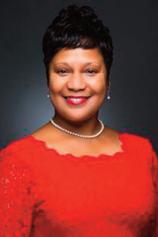
mlanier@jeffersonstate.edu
Alabama Department of Education Arts Education Specialist Andy Meadows 50 North Ripley Street Montgomery, Alabama 36104 (334) 353-1191

ameadows@ALSDE.edu
Garry Taylor, Editor & Advertising Manager 1600 Manor Dr NE Cullman, AL 35055 (256) 636-2754 executive_director@bellsouth net
ADVERTISING & COPY DEADLINES
Fall - August/September (Back to School) issue: July 15
Winter - October/November (Conference) issue: September 15
Spring - May/June (All-State) issue: January 15
Summer - May/June (Digital Only) issue:
Unless otherwise indicated, permission is granted to NAfME members to reprint articles for educational purposes. Opinions expressed in this publication are not necessarily those of AMEA or the Editor. All announcements & submissions are subject to editorial judgement/revision.The Alabama Music Educators Association is a state unit of NAfME: The National Association for Music Education, a voluntary, nonprofit organization representing all phases of music education in schools, colleges, universities, and teacher-education institutions. Active NAfME/AMEA membership is open to all persons engaged in music teaching or other music education work.

Ala Breve is published four times a year (August, October, February & May) by the
Educators Association and printed by Hardwick and Son Printing in Dothan, Alabama. Subscription for members is $4.00 per year as part of annual NAfME/AMEA dues. Subscriptions for non-members is $15.00 per year. Bulk rate postage paid at Dothan, Alabama.
Alabama Music
April 15
ala breve TheOfficialPublication theAlabamaMusicEducatorsAssociation February/March2020 www.myamea.org Insidethisissue... AlabamaCelebrates200Years ABA AVAAll-StateSchedules Clinicians AMEAElectionCandidates 2020ConferencePhotosandAwards NeverTakeNofromanInanimateObject:AGuidetoTeachingOboists TechnologyToolsforConcertBandRehearsals CollaborationThroughPerformance:TheAlabamaWindsandAlabamaVoices ebruary_2020_AlaBreve_Layout 1/30/2020 AM ala breve 9
On the cover: The Alabama Bicentennial Marching Band. Photo by David Raney. See page 30 for the full story
Spring Renewal
What a fantastic AMEA Conference! From sessions to performances, there was certainly enough to keep everyone busy. The AOA once again made a point to sponsor sessions that aimed to reach a broad audience within the AMEA membership. Our headline clinician, Richard Meyer, was inspirational with his sessions on beginning strings, and tips for highly effective and efficient rehearsals. However, his session on giving BCAH to the community was probably the highlight of the conference for me as we learnt about ways in which we can provide opportunities for our students to share their love of music with those less fortunate. We were also excited to have Dr. Jason Sulliman (Troy University) return with a session on the pedagogy of timing, and Dr. Anne Witt (University of Alabama) discussed the ins and outs of working with administrators. Daniel Kirk (Reinhardt University) joined us this year with tips on how to maximize your ensemble’s performance by playing more than just what’s on the page and James Rogers focused his attention on our pre-service teachers with tips and advice on finding and preparing for that first job interview.
A big shout out also has to the go to the Baldwin Middle School Chamber Orchestra (Montgomery) for their lobby performance. Directed by Laura Walters the ensemble played an eclectic program that was very well received by those that attended. The AOA would like to encourage more of our state string/orchestra programs to consider applying to perform in 2020!
By the time this edition of Ala Breve arrives in your mailbox or inbox the AOA will have concluded its annual All-State Orchestra Festival. We would like to once again thank the University of Alabama for hosting the festival! This year’s winner of the AOA Composition Contest was Samford University’s Dr. Mark Lackey with his piece Reef, which will have its North American premiere performed by the Festival Orchestra on February 9. In case you missed it in a previous issue, our clinicians this year are Dr. Thomas Heuser, Music Director of the Idaho Falls Symphony in Idaho Falls, Idaho, and the San Juan Symphony, based in Durango, Colorado, Mr. Creston Herron, Director of Orchestras at Klein ISD (Houston, TX), and Dr. Rebecca MacLeod (University of North Carolina - Greensboro), Associate Professor of Music Education and Director of the UNCG Sinfonia. We are excited to have such a talented line up of conductors to work with our students! I also need to take this opportunity to thank the members of the AOA Board for all their hard work in bringing our All-State festival to fruition. Without such a great team effort we would not be able to put forth this opportunity for the students in our state. I would also like to thank all of our District Chairs for their work in recruiting students and running the auditions for this year’s festival.
Last, but not least, the AOA will be hosting our 5th Music Performance Assessment event on April 3 at Gadsden City High School. I would like to thank Keith LaBenne and the Gadsden City High School administration for their willingness to host us this year. More information about the event can be found on our website –www.alabamaorchestra association.org
I hope that your year is filled with great music making, student success, and professional satisfaction. Please reach out and let us know how the AOA can better serve you and your students. I look forward to seeing you at one of our remaining spring events.
Regards,
Guy Harrison, President Alabama Orchestra Association
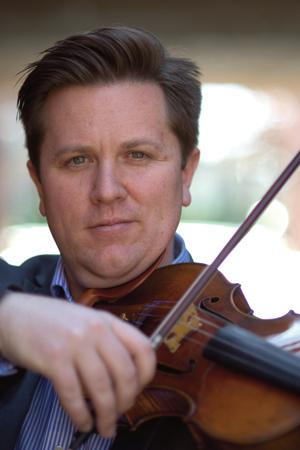
Important Spring Dates:
Registration Deadline for MPA – Orchestra: March 6
MPA – Orchestra Event: Friday April 3 @ Gadsden City High School

10 February/March 2020
Guy Harrison - President, Alabama Orchestra Association
Visit nafme.org/MIOSM #MIOSM | #MusicChangesLives
how you can celebrate your music program this March! 2020 MUSIC
LIVES MUSIC IN OUR SCHOOLS MONTH ®
Learn
Changes
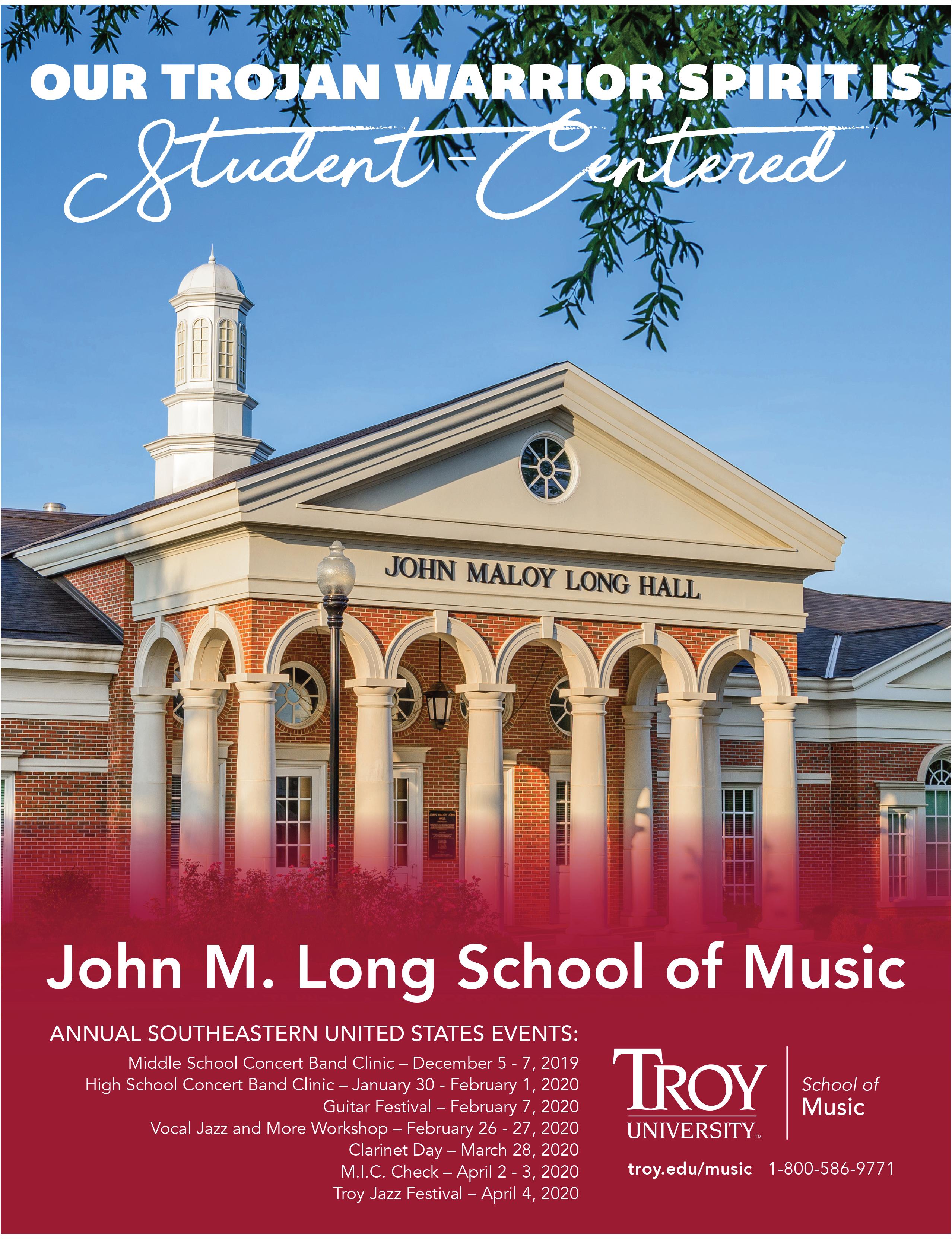
Camp

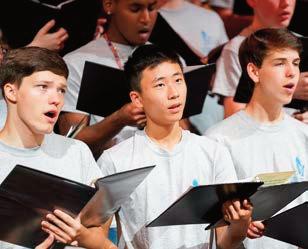


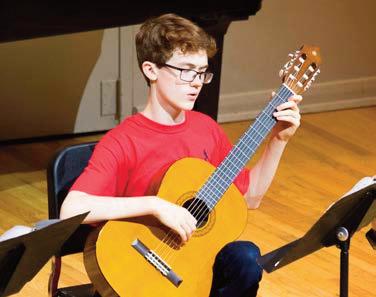

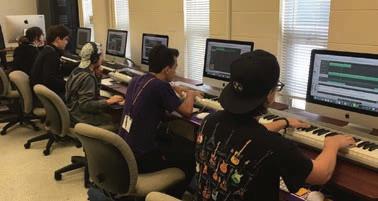
SCHOLARSHIP REGISTRATION DEADLINE: May 1 GENERAL REGISTRATION DEADLINE: May 8 BAND • CHOIR • GUITAR • PIANO STRING ORCHESTRA • MUSIC TECHNOLOGY (205) 665-6670 • montevallo.edu/ymc ymc@montevallo.edu • facebook.com/umymc
Young Musicians’
June 7-12, 2020
Changing Our Thinking about Advocacy
I would be willing to bet many of you have received similar advice my grandmother gave to me – “In most circles, you should never discuss politics”. Most people do not like it when teachers get political. In fact, during the last legislative session I and a few other teachers engaged with one of our elected officials on Twitter. Once he realized we were not going to relent, he contacted our superintendent and suggested that we, teachers, needed to spend more time on our students and classrooms and less time on social media. Unfortunately for him, contacting our superintendent made us even more determined in our advocacy communication.
While my grandmother’s advice above might be good for keeping friends and not gaining enemies, it is not realistic advice for today’s educators. Music education philosopher Estelle Jorgenson offers this perspective in her book, Transforming Music Education (2003, p. 117): “Teachers also need to be more skillful as politicians, willing to work with their colleagues to demand and secure appropriate support, recognition, and remuneration for their work. Building support for music or any sort of education comes at a price. It cannot be left to others to defend. Rather, it requires teachers who are apt, skillful and courageous enough to insist that the requisite support be given to their work so that it can be done with integrity.”
I am not suggesting that we need to meet in Montgomery to picket. You do not need to leave your classroom to run for public office. However, you do need to be involved in advocacy efforts for your individual programs and for all children in Alabama. Music educators must develop a clear vision and unify our voices as an association to ensure every child in Alabama receives a comprehensive and
well-rounded education.
Over the past few years, I have been thinking about how we can move forward as an association to have a positive advocacy impact. One area that we can always work on is strengthening our ties with other Arts Education organizations in our state. There is definitely strength in numbers. You may consider attending the Alabama Alliance for Arts Education’s statewide Arts Summit in Birmingham April 2 & 3. You can learn more about this opportunity at www.alartsalliance.org..
Another area we can leverage is social media. When I speak to decision-makers, I always point them to Twitter and Facebook to see the amazing work being done in classrooms in Alabama. Seeing children engaged in meaningful experiences with music education tells the story better than any of us can. Thank you to the teachers that have been telling your program’s story on social media. I would encourage others to join along by using our advocacy hashtag#ala4musiced.
Modes of Advocacy Thinking: Reactive - Proactive - Predictive
The one thing we can’t do is produce additional time. The plague of most teachers is time. We seem to never have enough time to accomplish our curricular goals much less external advocacy goals. Advocacy efforts are usually one of those things we know we should do, but we just don’t have time to do. However, I believe that if we begin to approach our advocacy efforts from different modes of thinking we can work smarter and find additional time.
Traditionally, thinking on advocacy has primarily centered around two areas, but recently I have been expanding my thinking to include a new mode of
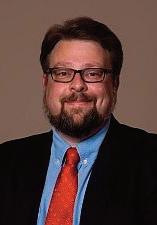

thinking. Often, our advocacy efforts focus on being reactive. Something happens or is about to happen that will impact education or our programs and we react. We rally the troops, tweet, share impassioned Facebook posts and try to enact quick changes. There will never be a time when we aren’t having to be reactive, but all of our advocacy efforts shouldn’t be focused on reacting. When we only think from a reactive stance, we never are able to think beyond the present moment.
If we are lucky, we have periods where we can be proactive in our advocacy efforts. Each summer a delegation of Alabama music educators visit Washington, D.C. to participate in NAfME’s National Assembly. One of the hallmark events of the National Assembly is Hill Day where we are given the opportunity to meet with our Senators and Representatives. NAfME usually has some kind of national legislative ask, but primarily our role is to make connections. After attending the National Assembly for several years, we have built connections with staffers in several legislative offices. In fact, some of these staffers follow us on Twitter and keep up with the music education story in Alabama. While national advocacy is fantastic, we need to find ways to be more proactive in our state.
A new way I have been thinking about advocacy efforts is by being predictive. Thinking from a predictive stance requires us to look beyond the now and examine systems, people, organizations, and laws to predict what could happen. This is not some crystal ball method of forecasting advocacy, but rather a way to think through the what-ifs of our advocacy work. Every law that is passed has consequences; some of these are intended consequences and some are unintended. Predictive thinking requires us to continue
ala breve 13
Rob Lyda, AMEA Advocacy Chair
to be proactive while also forecasting short and long term impacts.
An example of predictive thinking can be applied to the Alabama Literacy Act (HB388) that passed during the 2019 legislative session. Similar literacy bills have passed in surrounding states over the past several years. It is important to note, that with any bill, implementation is dependent on individual and/or group interpretation of a bill. Interpreting bills is another example of proactive and predictive advocacy work that our association should be involved in. To predict the potential impacts of the Alabama Literacy Act, we need to examine how literacy bills in other states have been implemented.
For instance, the Florida literacy bill prevents students entering middle school from enrolling in elective courses if they are not performing on grade level in math and/or reading. A colleague shared with me that since Florida’s literacy bill was passed his beginning band enrollment went from 150 sixth graders a year to only 65 sixth graders being eligible to take band. I am not sure if this is a direct result of language in the bill. I do know that, like the Alabama bill, students not proficient in reading by third grade are not allowed to progress to fourth grade. Restricting access to music education for students not proficient in reading /math by fifth grade may be a symptom of a poor interpretation of the bill.
Alabama Literacy Act could morph into something that denies children the opportunity to participate in music education. Examining reading proficiency results on the 2018 Alabama Scantron Assessment, only 48% of 2019-2020 sixth-graders were proficient. What would our secondary music programs in Alabama look like if 52% of the student population weren’t even given the chance to enroll in music classes? These are, quite possibly, questions we will be faced with during the 2024-2025 school year when our current first graders enter sixth grade. As an association, we need to get ahead of the curve and begin predictive advocacy work.
What can we do?
Modes of advocacy thinking do not exist in isolation. We will always have situations that require us to react. However, if we are proactive in our efforts and are able to predict where we need to be then our advocacy efforts will be more fruitful. I believe that we should focus 10% of our advocacy work being reactive, 80% being proactive, and 10% being predictive. Accomplishing our advocacy goals will take all of us working together. Below I have listed some areas that, I believe, we should focus. Some of these areas will be easily accomplished personally and some of these areas will take individual divisions and the entire association to accomplish.
As you can see, the majority of our work
dedicated advocates. Our collective energy is better served building relationships, highlighting successes, and building advocacy capital.
Final Thoughts
There are always going to be people that do not agree with us, that see our advocacy efforts as self-serving, that do not know the value of providing a comprehensive music education, and do not know that a well-rounded education includes music. There may even be some that think music education will take away from other areas. Some may claim that by pushing music education we are shortsighted, are focusing on a frill, and do not see the importance of children reading on grade level. We must remain resolute in our belief that every child in Alabama deserves a comprehensive music education.
Children in Alabama should not be denied a well-rounded education because of zip code, poor legislation, monetary deficits, or for any other reason. We are not saying that reading, math, or any other subject is not important, but collectively, we affirm that music education is just as important as other subjects. We know that it doesn’t have to be an us versus them situation. There is room at the table for everyone and every subject area.
It’s time that Alabama realizes every child deserves a comprehensive well-rounded education. It’s up to all of us to ensure
Follow local and state legislative issues and act when needed.
Connect with local and state decision-makers on a regular basis.
Connect with music industry partners.
Connect with other Arts and professional music organizations.
Host a Hill Day in Montgomery for music education.
Invite decision-makers into classrooms to see daily music learning.
Invite decision-makers to concerts and other events.
Establish a clear advocacy plan that includes all divisions.
Connect with decision-makers through social media.
Invite decision makers to AMEA for concerts and possibly a reception.
Work with the Country Music Association (CMA) to obtain an advocacy grant.
Create a “Friend of Music Education” Award to be given at AMEA each year.
Alabama first-graders of the 2019-2020 school year are the inaugural consequential class of the Literacy Act. If we do not start being proactive with our advocacy efforts, I am afraid that the
should center on proactive advocacy. There will be times that we must be reactive. However, constant reactive advocacy drains our focus, divides more than unites, and exhausts even the most
Examine bills passed and see if similar bills have been passed in other states. Collaborate with advocacy experts at NAfME.
Collaborate with other MEAs on advocacy.
Collaborate with other MEAs that have received the CMA advocacy grant.
Work to change the Foundation program in Alabama to include a certified music teacher in ever school.
that the next generation reaps the benefits of music education. I’m ready to keep fighting the good fight. I hope you will join with me.
14 February/March 2020
Reactive Advocacy 10% Proactive Advocacy 80% Predictive Advocacy 10%
What do you get when you bring together amazing scholars, showcase excellent choral and instrumental talent, stay in a great location, and can’t wait to do it again? What you get is the 2020 AMEA Professional Development Conference? There was no shortage of energy nor enthusiasm from students and music faculty as we all made our way to the myriad of sessions and performances from morning until night.
There was one highlight after another throughout the conference because of the genuine passion of all faculty and students who attended. I was artistically inspired and intellectually stimulated, which is the power of music and
Vote

education when it flows from the heart of those who love it and want to share it with others. I am very proud of our AMEA.
As President of the Higher Education Division for the past two years, I want to express my sincerest gratitude to my colleagues and fellow Higher Education Division Officers Dr. Katrina Phillips and Dr. Michael Zelenak. Their collaborative spirit made it a pleasure to serve and the Higher Education Division stronger. Soon it will be time for me to pass the baton to Dr. Zelenak from Alabama State University, and I have full confidence that our Higher Education Division will be in good hands.
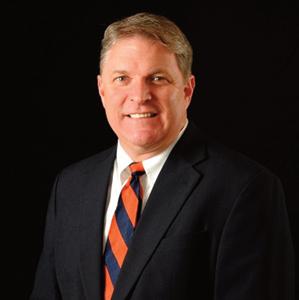

are here to serve you and to serve with you. When you perform, share your expertise by presenting a session or develop your students by presenting them on the division recital, you are serving. When you are willing to take a leadership role, you are serving. And our division is stronger and AMEA is stronger when we all identify our way to serve.
Thank you AMEA Officers and Governing Board for modeling outstanding leadership and service. It has been my honor to serve as President and to serve with each of you. I look forward to identifying a new way to continue to serve our extraordinary Alabama Music Educators Association.

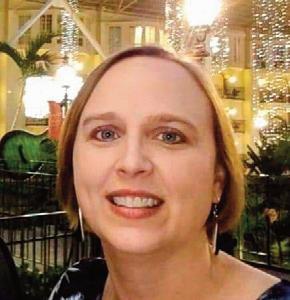
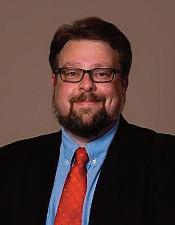
ala breve 15
Mildred Lanier - President, Higher Education Division
The Higher Education Division Officers
“Our division is stronger and AMEA is stronger when we all identify our way to serve.”
-
in the AMEA Election
27
28 for candidate bios.
your email for a link to the ballot. Voting begins on March 1st and continues through April 1st
See pages
and
Watch
Candidates for President-Elect
Candidates for Recording Secretary
Chris Cooper Rob Lyda
Carrie Cruz Carla Gallahan
News from the Elementary/General Division
Conference Review
We recently had the opportunity to “sharpen our saws.” I hope you enjoyed the sessions from our wonderful presenters at the recent AMEA Professional Development Conference. Our featured clinician, Jim Solomon, brought many tried and true strategies for drumming and elementary music education, while Laura Butler and Janet Nelson helped us to expand our thinking with music games that enhance literacy. Reading sessions by Lea Hoppe and singing rounds with Deanna Bell filled our hearts as we participated in making great music. We experienced and were inspired by an amazing performance from Hillcrest Elementary’s Choir, In Harmony, directed by Sarah McLendon. From the youngest (Dr. Julie Bannerman-Preschool Music) to the oldest (Dr. Rob Lyda and Dr. Becky Halliday- Creating Musical Communities) there was something for everyone to enjoy and learn from. Most importantly, it was a time for you to renew your spirit and connect with other music educators who understand what you do and why you do it.
I would like to thank our amazing Alabama Music Educators Association Elementary Board for their hard work. Their teamwork and dedication is second to none! Thank you for your help in presenting a wonderful conference. In case you were not able to attend the conference, you may still view handouts and board meeting minutes through the Guidebook app and this link https://tinyurl.com/AMEAJan2020, respectively. District reports are also available through the link above. In case you don’t know what district you are located in, the District Chairs and Co-Chairs are by county as follows:
District I – Colbert, Cullman, Franklin, Jackson, Lauderdale, Lawrence, Limestone, Madison, Morgan, and Winston
District 2 – Bibb, Fayette, Greene, Lamar, Marion, Pickens, Shelby, Tuscaloosa, and Walker

District 3 – Jefferson
District 4 – Blount, Calhoun, Cherokee, Cleburne, DeKalb, Etowah, Marshall, St. Clair
District 5 – Chambers, Clay, Coosa, Elmore, Lee, Macon, Randolph, Russell, Talladega, and Tallapoosa
District 6 – Autauga, Chilton, Choctaw, Clarke, Dallas, Hale, Lowndes, Marengo, Montgomery, Perry, Sumter, and Wilcox
District 7 – Baldwin, Escambia, Mobile, Monroe, and Washington
District 8 – Barbour, Bullock, Butler, Coffee, Conecuh, Covington, Crenshaw, Dale, Geneva, Henry, Houston, and Pike
Your District Chairs are:
District 1: Lea Hoppe & Viktoria Truesdail
District 2: Karla Hodges & Karen Morgan
District 3: Deanna Bell and Kate Donaldson
District 4: Kristina Sisko
District 5: Kari McIntosh
District 6: Christy Clark
District 7: Alicia Luttrell & Joylynn Ruffin
District 8: Hilda Hagins
We would also like to welcome Erica Lutz to our elementary board. She will be filling the Hospitality Chair for the 2020 and 2021 school years. Feel free to reach out to your district chairs and executive board throughout the year to let us know what is happening in your school and school system. Please keep your email updated with us: elementaryamea@gmail.com . There are many important announcements in our Board Meeting minutes including information about grant opportunities and the upcoming AMEA board elections (Dr. Rob Lyda and Carrie Cruz) and all of the upcoming workshops (AOSA, SHAKE, Young Voices festival, etc). You may also connect with other music educators using our AMEA Elementary and the Alabama Music Educators Association Facebook pages. Remember, the 2020 Elementary Music Festival will be October 16, 2020 at Eastmont Baptist Church. Please tell Melissa McIntyre if you have suggestions for clinicians: AMEAfestival@gmail.com. The 2020 AMEA Joint Workshop will immediately follow on October 17, 2020, also at Eastmont Baptist. Please read those minutes and take advantage of all the opportunities Alabama has to offer its elementary music educators.

Thank you again, for your hard work, dedication and continued support of the Elementary/General Division of the AMEA and the children of Alabama. I can’t wait to see you soon.
Sincerely,
Betty R Wilson, President Elementary/General Division
Betty Wilson - President, Elementary/General Division
16 February/March 2020
General Music Reviews

“Ring, Dance, Play: First Experiences with Choirchimes and Orff Schulwerk.”
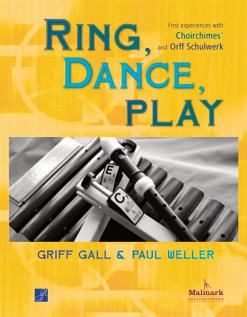 by: Griff Gall and Paul Weller
by: Griff Gall and Paul Weller
A book review by Deanna Bell, Music Teacher at Vestavia Hills Elementary East and Adjunct Professor at UAB

A few years ago I attended a session that premiered this book at the Orff National Conference. I was so impressed, I bought the book.
This book integrates choir chimes into Orff activities. It contains sections that include:
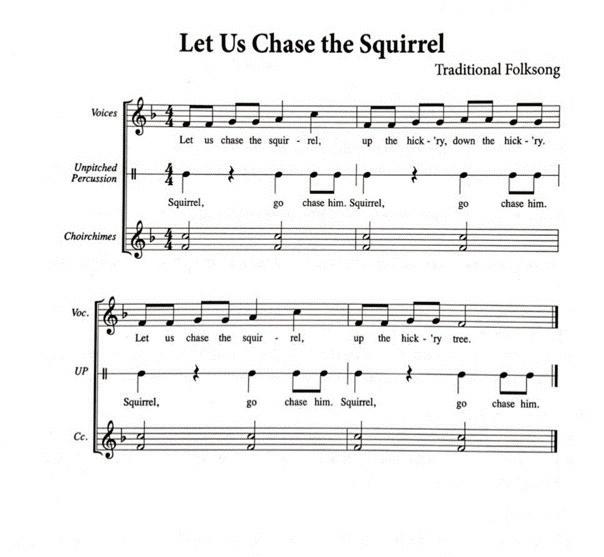
Instrument Considerations: What do I have and what can I do with it?
Range of your classroom bell sets
Two and Three Octaves explanation
Ringing Technique and Damping Technique
History, Philosoph, Introduction, and Process of the Orff Approach
This book divides the activities into: Primary (K-1); Intermediate (2-3); and Upper Elementary (4-5). It also includes an appendix with manipulatives that can be used with the books. Each activity includes a lesson plan and a detailed explanation of the activity.
With permission from the authors, here is a sample lesson from the book:
An educational festival for elementary, middle, & high school students in band, choir, & orchestra
2020 dates:
April 3
April 17
April 24
2021 dates:
April 9
April 16
April 23
Musical Wishes to you!
Deanna Bell
or call:1-855-766-3008
www.SMMFestival.com
ala breve 17
AMEA Conference Recap
It was great to see many of you at the AMEA conference in January. We had some wonderful performances and sessions and also enjoyed having Michael Hanawalt from Florida State University join us as our clinician. I hope you were all able to take some new strategies and ideas to use with your choirs.
We also enjoyed performances by the Alabama Honor Choir and the Alabama All-State Show Choir. Thank you to all of you who had students audition and participate. The behavior, focus, and work ethic of all of the students was excellent. The Honor Choir learned some excellent repertoire with Dr. Gary Packwood in a really short amount of time and put on a great Friday night concert. The Show Choir’s performance on Saturday morning was definitely a highlight of the conference for me. Thank you to Ginny Coleman and Cameron Weiler for all of their organization and planning and to everyone who helped out behind the scenes.
Bylaw Change
During the general membership meeting at AMEA, the membership voted to change Article VII, Section 7.1 of the AVA Bylaws to read “The Executive Board will appoint All-State adjudicators. Adjudicators will not judge their own students.” The membership asked the AVA board to create qualifications for AllState adjudicators. The board will work on developing the list of qualifications during the AVA summer board meeting and we welcome any feedback from the membership regarding this.
All-State Choral Festival
I am really excited about our move to the

AVA Updates
Birmingham-Jefferson Convention Complex. While I know there will be some kinks to work out, I think that this move is going to open up a lot of opportunities for our students. One of the opportunities that I am most excited about is the ability to invite collegiate-level choirs to perform for our students during our convocation. This year, we are thrilled to have as our guests the University of Alabama and Birmingham Concert Choir under the direction of Dr. Brian Kittredge and the University of Montevallo Concert Choir under the direction of Dr. Melinda Doyle.
Our festival schedule is slightly different this year due to our new location, so please make sure to look at it early and make plans especially for the meal breaks. Thank you to Cathy Spence, director at the Alabama School of Fine Arts in downtown Birmingham, for compiling a list of nearby restaurants for us.
AVA Officer Elections
The AVA Bylaws, Article I, Section 1.1 states “A nominating committee consisting of the current year’s Executive Board will select one qualified candidate (Constitution Article VI, Section 6.1) for the office of President-Elect and one qualified candidate for the office of Recording Secretary. These candidates will be presented to the Board at the AVA board meeting at AMEA. Upon approval, the candidates will be presented at the general membership meeting at AMEA at which time nominations of qualified candidates will be accepted for a predetermined time period. The membership will have time between AMEA and All-State to voice questions and concerns regarding candidates. Officers shall be elected by a plurality of those members present and voting at the
All-State general membership meeting.”
The Executive Board has nominated Hilen Wilson for the office of PresidentElect and has nominated our current Recording Secretary, Margaret Heron, to remain in her role for another term. Hilen Wilson is currently the choral director at Paul W. Bryant High School and the Tuscaloosa Fine Arts Academy. She is in her seventh year of teaching at the secondary level. Mrs. Wilson has served as the District II Chairman for the Alabama Vocal Association for the last 6 years. Hilen has several years’ experience with the Alabama American Choral Directors Association where she currently serves as the Children's Choir Repertoire and Resources Chair. She has also served on the Mentoring Committee, Summer Conference Committee, and Student Representative at the state level.
The deadline to make additional nominations is February 20. Nominations may be sent to the AVA board at theavaboard@gmail.com. The vote will take place during the AVA general membership meeting on Friday, March 6 at 8:45am during the All-State Choir Festival.
I hope that your semester is filling with great music and memory making with your students and I look forward to seeing you all very soon at All-State! If you have any comments, suggestions, or concerns, please contact me at .meg.jones.ava@gmail.com.
Thank you, Meg
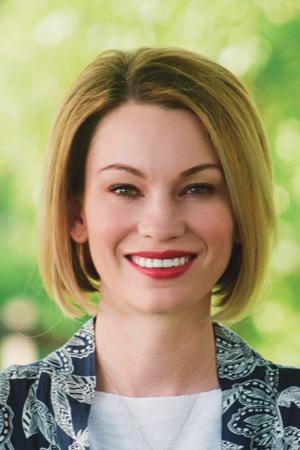
18 February/March 2020
Megan Jones - President, Alabama Vocal Association
Jing Ling Tam, High School SATB
JingLing-Tam from the University of Texas at Arlington has garnered international recognition through her engagements in North America, Europe andSoutheast Asia. One of America's most sought after choral conductors, Professor Ling-Tam has conducted All-StateChoirs and Honor Choirs throughout the United States and appeared as conductorand clinician at the American Choral Directors Association's regional and national conventions. Her standing-room-only workshops have held educators andconductors spellbound with her inventive, humorous, and highly creative approach to vocal and conducting techniques. Under her direction, UTA Chamber Singers has performed in Mexico, Canada, Taiwan, Hong Kong and Austria. They have also appeared on the programs of regional and nationalAmerican Choral Directors Association conventions and the Texas Music Educators Conventions. A native of Taiwan, she holds advanced degrees in Piano Performance and VocalPerformance from the New England Conservatory and the University of NorthTexas. In addition to her duties at UTA, Professor Ling-Tam is the Artistic Director/Conductor of the American Chamber Choir and Associate Conductor/ChorusMaster/Principal Coach Pianist with the Fort Worth Opera Association. Her past conducting appointments include the American Institute of Musical Studies (Graz, Austria), and the Arlington Choral Society (Arlington, Texas). A brilliant pianist and mezzo-soprano, she is in demand for vocal recitals, chamber music and oratorios.

Kenney Potter, High School TTBB
Kenney Potter is the Director of Choral Activities at Wingate University and serves as the Artistic Director of the Charlotte Master Chorale. At Wingate, he oversees a program that is recognized for its artistic excellence. His choirs have received wide-spread acclaim including winning the Grand Prix for best choir in the Pärnu International Choral Festival in Pärnu, Estonia. This year, he will conduct the Charlotte Master Chorale in performances of Brahms Ein Deutsches Requiem and Handel’s Messiah as well as collaborate with the North

2019 All-State Choir Clinicians
Carolina Baroque Orchestra in performances of the Magnificat by J. S. Bach. As a performer, he has been a featured soloist in Carnegie Hall, and was choir soloist for the Grammywinning Oregon Bach Festival choir as well as the International Bach Academy, conducted by Helmuth Rilling. In addition to his work at Wingate and with the Charlotte Master Chorale, he serves as Choral Conductor at Covenant Presbyterian Church in Charlotte, North Carolina. As a clinician, Dr. Potter has conducted state-wide festival choirs for NAfME and ACDA in Florida, Georgia, Mississippi, North Carolina, South Carolina, and West Virginia as well as in Nairobi, Kenya and Johannesburg, South Africa. His compositions are published by Hinshaw Music, Choristers Guild, and Santa Barbara Music Publishing and he is founder and editor of Wingate University Music Press, which publishes Folk Songs of South Africa, a series of pedagogical resources that he co-authored with Dalene Hoogenhout, conductor of the Wits Choir of Johannesburg. He holds degrees from Florida State University, Portland State University, and the University of North Carolina at Greensboro resides in Charlotte with his wife, Heather, and their children, Syl and Calvin.
Amanda Quist, High School SSA
Dr. Amanda Quist is the Director of Choral Activities for the Frost School of Music at the University of Miami. Dr. Quist was previously Chair of the Conducting, Organ, and Sacred Music Department, and Associate Professor of Conducting at Westminster Choir College. Dr. Quist is the recipient of Westminster Choir College of Rider University’s 2014 Distinguished Teaching Award, the 2018 Mazzotti Award for Women’s Leadership, and she is the Carol F. Spinelli Conducting Fellow. Dr. Quist was recently invited to be a conductor for the ACDA International Exchange Program, clinician for the 2019 ASPIRE International Youth Music Festival in Australia, juror for the Penabur International Choir Festival in Indonesia, and clinician for the Interkultur International Choral Festival. Westminster Kantorei, winner of the 2018 American Prize in College & University Choral Performance, has performed at the American Choral Directors Association’s (ACDA) Eastern Division Conference, Boston Early Music Festival, American Handel Festival, and Interkultur. The choir recently released its first commercial recording, Lumina, distributed by
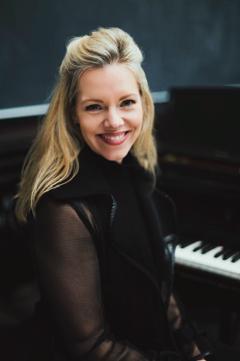
Naxos, which was hailed by infodad.com as a recording “sung with great beauty of sound and excellent articulation ... a CD to cherish” and by National Medal of Arts recipient Morten Lauridsen as “superb, a splendid recording, highly recommended.” During her work with the Westminster Symphonic Choir, Dr. Quist collaborated with the New York Philharmonic, Philadelphia Orchestra, and the Dresden Staatskapelle. She also serves as Chorus Master for the Philadelphia Orchestra Chorus. Dr. Quist’s role as Chorus Master for the premiere of Toshio Hosokawa’s opera Matsukaze at the Spoleto Festival USA and the Lincoln Center Festival garnered praise from The New York Times and Charleston City Paper, who described the chorus’ performance as “beautifully prepared, gripping,” a “gossamer web of voices” and “bridging the vocal and instrumental textures with perfect intonation.” Dr. Quist was Director of the Westminster Vocal Institute, a highly regarded summer program for talented high school students, and Director of Choral Activities at San José State University. Her other honors include the James Mulholland National Choral Award and the Audrey Davidson Early Music Award. An active guest conductor and clinician, her recent and upcoming appearances include the NAfME All National Honor Choir, All State High School & Collegiate Honor Choirs throughout the country, and serving as a headliner for music conferences in the US and abroad. Dr. Quist is the National ACDA Repertoire & Resources Coordinator for Collegiate Activities, and her choral series is published through Walton Music.
Cara Tasher, Middle School Treble
Dr. Cara Tasher has served as Director of Choral Studies at the University of North Florida since 2006. There, she conducts the Chorale and Chamber Singers, teaches the conducting curriculum including the Summer UNF Conductor’s Studio and Choral Artists, and oversees the choral department and its leadership team. At UNF, she was awarded the 2010 Outstanding Undergraduate Teaching Award, the 2016 Outstanding International Leadership Award, and in 2019, received a faculty scholarship grant for her work with the Jacksonville SINGS! Refugee Chorus and inclusion training. In addition to her work at UNF, she collaborates frequently as Director Huesped with the Opera de Bellas Artes in Mexico City. She has performed and recorded with conductors Claudio Abbado, Daniel

ala breve 19
Barenboim, Christoph Eschenbach, James Levine, Robert Shaw and Sir Georg Solti. Tasher has been professionally associated with the Atlanta Symphony Chorus, Chicago Symphony Chorus, Conspirare, Jacksonville Symphony Orchestra, Portugal's Vocalizze Festival, Trinity Choir-Wall Street, Xavier University, and the Young People’s Chorus of New York City. Her training took place in the Glen Ellyn Children’s Chorus, at the University of Cincinnati CollegeConservatory of Music, University of Texas at Austin, Paris IV-La Sorbonne, and Northwestern University. Dr. Tasher is highly active within the American Choral Directors Association, International Federation of Choral Music, and the National Collegiate Choral Organization in various leadership capacities. Proficient in several languages, Tasher's engagements as singer, conductor, master teacher, and adjudicator, have brought
her to over ten states and over twenty countries for concerts, competitions, festivals, and workshops. Global and cultural competency is a focal point of Tasher’s teaching, and she tours internationally with her choral ensembles on a regular basis.
Daniel Gutierrez, Middle School Mixed
Daniel is a choir director at Nixa High and Nixa Junior High School. Daniel is an active conductor, clinician and presenter throughout the country. Daniel has received accolades for his work as a teacher, being named Teacher of the Year for Springfield Public Schools and Southwest Missouri (also a finalist for the state TOTY award), Springfield
“Hometown Hero” by KOLR, Springfield Rotary Award for Outstanding Community Service, honoree for Springfield Business Journal’s 40 Under 40, quarterfinalist for the GRAMMY National Music Educator Award, and the recipient of the Missouri Choral Directors Association Podium Award. aniel’s speaking engagements include presenting for TEDx, presenting for regional and National ACDA(American Choral Directors Association) conferences, and other choral workshops nationally. Daniel's Choral ensembles have won music festivals and have received numerous invitations to perform at the Missouri Music Educator Association Conference, Southwest American Choral Directors Association Conference, the National Conference for MS/JH Choral Music, and the National American Choral Directors Association Conference.
2020 AVA All-State Choral Festival Schedule
Thursday, March 5, 2020-

12:00-12:45pm Student Registration in Assigned Rehearsal Rooms
MS Treble, North Meeting Rooms G-I
MS Mixed, North Meeting Rooms C-E
HS SSA, Forum A-B
HS TTBB, Forum Theater
HS SATB, Forum G-I
12:00-2:00pm Director Registration, Forum C
1:00-4:30pm Rehearsal, assigned rehearsal rooms
4:30-7:00pm Dinner Break
7:00-9:30pm Rehearsal, assigned rehearsal rooms
11:00pm Curfew
Friday, March 6, 2020-
8:30-9:45am
MS Treble Rehearsal, North Meeting Rooms G-I
MS Mixed Dress Rehearsal, Concert Hall
HS SSA, Forum A-B
HS TTBB, Forum Theater
HS SATB, Forum G-I
8:45-9:45am AVA General Membership Meeting, North Meeting Rooms G-I
10:00-11:15am
MS Mixed Rehearsal, North Meeting Rooms C-E
MS Treble Dress Rehearsal, Concert Hall
HS SSA, Forum A-B (cont.)
HS TTBB, Forum Theater (cont.)
HS SATB, Forum G-I (cont.)
11:15am-1:15pm Lunch Break
1:15-2:15pm Convocation, Concert Hall
2:30-4:15pm MS Treble, North Meeting Rooms G-I ( final MS rehearsal)
MS Mixed, North Meeting Rooms C-E (final MS rehearsal)
SSA Rehearsal, Forum A-B
TTBB Rehearsal, Forum Theater
SATB Dress Rehearsal, Concert Hall
4:30-6:00pm
SSA Dress Rehearsal, Concert Hall
TTBB Rehearsal, Forum Theater (cont.)
SATB Rehearsal, Forum G-I
7:00pm Call Time for Middle School Concert
7:30pm Middle School Concert, BJCC Concert Hall
Saturday, March 7, 2020-
10:00-11:15am
SSA Warm-Up, Forum A-B
TTBB Dress Rehearsal, Concert Hall
SATB Warm-Up, Forum G-I
11:15am Doors Open to Audience
12:00pm High School Concert
20 February/March 2020
All4One Fundraising LLC
1205 Randolph Ave SE, Huntsville, AL 35801
Arts Music Shop
3030 East Blvd., Montgomery, AL 36116
Halftime USA Band Front Camps
P.O. Box 66, Wetumpka, AL 36092
Huntsville Youth Orchestra
116 Shalerock Dr, Madison, AL 35756
JW Pepper
9053 Riverside Pkwy, Lithia Springs, GA 30122
Southeastern Performance Apparel
142 S. Woodburn Drive, Dothan, AL 36305
Troy University
109 Long Hall, University Ave, Troy, AL 36082
Southern Performances
P.O. Box 6852, Gulf Shores, AL 36547
University of Alabama at Birmingham
950 13th Street S., Birmingham, AL 35294 University of Alabama in Huntsville
ala breve 21 AMEA Industry/Institutional Membership 2019-20
AMEA would like to express appreciation to the following partners who have joined AMEA in our efforts to promote music education in Alabama. Please support these industry/institutional members who support you as music educators!
South Alabama LPAC 1072, 5751 USA Drive South, Mobile, AL 36688
301 Sparkman Drive, Huntsville, AL 35899 University of
“We are ABA and together we can do great things!!”
This year’s conference was outstanding with so many opportunities for professional development. Wednesday began with the ABA Executive planning meeting, the AMEA board and ABA board meetings to finalize the conference and planning for the future. Thank you to the bands who presented outstanding concerts: Mortimer Jordan High School –Craig Cagle, Pizitz Middle School – Kim Bain and Leah Seng, Wicksburg High School Symphonic Band, Lori Hart, Grissom High School Symphonic Band 1, Theo Vernon, James Clemens High School Percussion Ensemble, Keith Anderson, Albertville Middle School Advanced Band, Missy Lindley, and Nathan Haskew, Tuscaloosa County High School Wind Ensemble, Mike Guzman and Emily Gray, and the Troy University Symphony Band, Dr. Mark Walker. Many thanks to all the clinicians for sharing your wonderful talents. As you begin preparing for MPA consider applying to perform next year. We have great bands in this state at all levels. The deadline for this application is June 1.
As we have just finished district all-state auditions, we must learn from the process to benefit our students. For any ABA event, read the handbook on that section. The most recent edition can be found on myamea.org. I recently reread the handbook and still found things that I needed to know about how we do what we do. Make sure that you are informed so that you can be the best advocate for your student and so that you stay on top of deadlines and procedures that are in place that help us all operate in a professional manner.
MPA is our next big event for the association. Take a moment a look over the new stage and sight-reading sheets that will be utilized this year. The UIL sight-reading criteria are available on myamea.org site so that you can know what will be expected of your band in the sight-reading, we well as a guidelines page that helps guide you through the process used in the room. If you have any questions about the process, reach out to someone who has been through it and ask questions.
Legislation 2020-6 Redistricting Proposal 4-Year Cycle
In reviewing student participation from each county, we developed a map that helps to distribute students. The committee elected to put forward a proosal to allow the board to adjust the map. Remove Article 19 Add
The Alabama Bandmasters Association Board of Directors will evaluate the need to assign counties in the 8 districts every 4 years giving emphasis to student participation in each county. The Board of Directors, by a two-thirds majority vote, will assign counties in the 8 districts every 4 years.
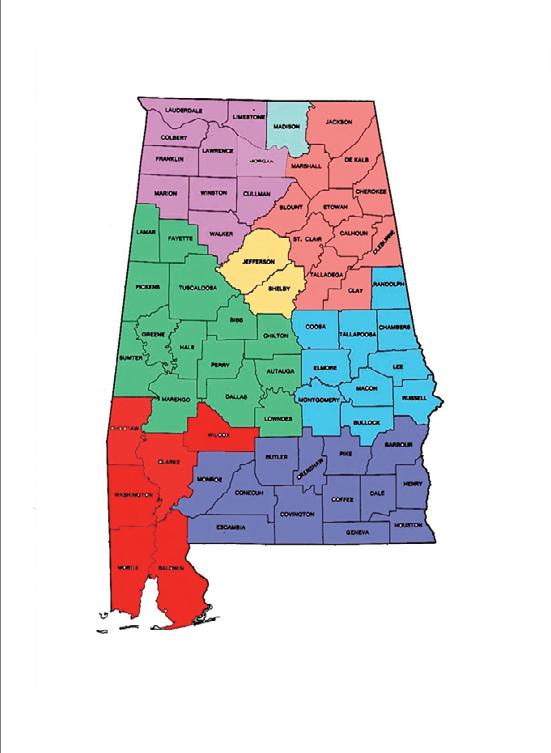

Rationale:
-The words “student participation” encompasses all state-sanctioned events.
4 Years:
-All-State is a 4-year cycle. Review data from the 4 years.
-If a District/County has 1 poor year of participation, it has less impact.
All-State and the All-State Solo Festival registration will begin on February 7 and close on March 1. Please make sure you read the directions. For the all-state festival please provide PARENT EMAILS for each student registered. Registration for these events is not complete until you print the invoice and mail the check to the executive secretary by the deadline.
This is your association. Let us all strive to make it better so that we can serve the students and the bands in our state better. We are ABA and together we CAN do great things!! See you at All-State!!
Terry
Legislation 2020-7
Submitted by Blake Ferguson
Rationale: The ABA executive secretary’s salary does not match other state organization secretary salaries. The current annual salary for the AVA executive secretary position is $13,000. To better align the salary of the ABA executive secretary, I propose that the annual salary for the ABA executive secretary be $13,000.

Delete: Article VII. Duties of Officers
Section 7. The Purpose of the ABA Executive Secretary
The Executive Secretary shall receive an honorarium not to exceed $10,000.00 annually. The Board of Directors shall set the salary.
Replace with: Article VII. Duties of Officers
Section 7. The Purpose of the ABA Executive Secretary
The Executive Secretary shall receive an honorarium not to exceed $13,000.00 annually. The Board of Directors shall set the salary.
22 February/March 2020
Terry Ownby- President, Alabama Bandmasters Association
2020-5 ABA Redistricting Proposal 1. Move Limestone County to District 3 2. Move Morgan County to District 3 3. Move Lamar County to District 5 4. Move Fayette County to District 5
Legislation
Red Band
Colonel Thomas Palmatier culminated a distinguished military career spanning more than 37 years as the Leader and Commander of The United States Army Band “Pershing’s Own,” the largest military music unit in the United States and was the senior musician in the U.S. Armed Forces. He is now able to dedicate his efforts to music education and to maximizing the success of arts organizations as a clinician, guest conductor, and consultant. Previously he commanded the Musical Ambassadors of the Army, The U.S. Army Field Band, being the first Officer to command the Army’s two top premier bands. Other postings included the founding Commandant (dean equivalent) of the U.S. Army School of Music, Commander and Conductor of the U.S. Army Europe Band and Chorus, Commander and Conductor of The U.S. Continental Army Band, and Associate Bandmaster of The U.S. Army Band “Pershing’s Own” where he directed The U.S. Army Herald Trumpets and The Army Brass Band. Colonel Palmatier is an active clinician, guest conductor, and consultant on organizational structures and leadership around the world. He was founding Music Director of the Virginia International Tattoo, Producer/Director of the Rochester International Tattoo, and led the Dominion Brass Band to the Honors Division championship of the North American Brass Band Association. He was Director of Symphonic and Jazz Bands at the Czech Youth Music Camp and a Guest Conductor at the Blue Lake Fine Arts Camp. He is also a Conn-Selmer Educational Clinician and writes a monthly column for SBO Magazine. Colonel Palmatier has received numerous awards and recognitions. Military awards include the Army Distinguished Service Medal, three awards of the Legion of Merit, and seven Meritorious Service Medals. He was the first Army Music Officer to earn both Parachutist and Air Assault badges and earned the right to wear a Combat Service Identification Badge for service in El Salvador and Iraq. He is a member of the American Bandmasters Association and a Director of the John Phillip Sousa Foundation, as well as an Honorary Life Member and Past President of the North American Brass Band Association. He has been inducted into several “Halls of Fame” for his achievements.

White Band
Brian Balmages is an award-winning composer and conductor whose music has been performed throughout the world with commissions ranging from elementary schools to professional orchestras. World premieres have included prestigious venues such as Carnegie Hall, the Kennedy Center, and Meyerhoff Symphony Hall. His music was also performed as part of the 2013 Presidential Inaugural Prayer Service, which was attended by both President Obama and Vice President Biden. He is a recipient of the prestigious A. Austin Harding Award from the American School Band Directors Association and in 2016 was awarded the James Madison University Distinguished Alumni Award from the School of Visual and Performing Arts (the first year the award was given). In the same year, he was commissioned by his other alma mater, the University of Miami, to compose music for the inauguration of the institution’s 6th president, Dr. Julio Frenk. Currently, he is Director of Instrumental Publications for The FJH Music Company and Assistant Director of Bands and Orchestras at Towson University.
2020 All-State Band Clinicians
Blue Band
Corey Spurlin serves as Marching Band Director and Associate Professor at Auburn University. In addition to his work with the Sudler-winning Auburn Marching Band, Dr. Spurlin conducts the Concert Band and teaches courses in music history and marching band techniques. Under his direction, the Auburn University Marching Band, with 380 students, has the largest membership in university history and has performed twice at the Southeastern Conference Championship and BCS National Championship Games, as well as the Sugar Bowl, Chick-fil-a Bowl, Outback Bowl, Birmingham Bowl, and overseas at the St. Patrick's Day Parade in Dublin, Ireland.
In addition to his work at Auburn, Dr. Spurlin serves as the Southern Division Chair for the National Band Association, and he is active throughout the U.S. as a conducting and marching band clinician and adjudicator. He has conducted collegiate honor bands at the University of Georgia (JanFest), West Virginia University, and Southern Illinois University, and he recently served as a marching band adjudicator for the University of Missouri and for UIL Texas State Finals in the Alamo Dome in San Antonio. He is published in four volumes of Teaching Music Through Performance in Band, in the National Band Association Journal, and he is a contributing author for the marching band textbook The System by Gary Smith. In addition, he serves as the head drill design clinician and lecturer at the Smith Walbridge Camps at Eastern Illinois University.

Middle Schoool Band
Randall Standridge (b.1976) received his Bachelor’s of Music Education from Arkansas State University. During this time, he studied composition with Dr. Tom O’Connor, before returning to Arkansas State University to earn his Master’s in Music Composition, studying with Dr. Tom O’Connor and Dr. Tim Crist. In 2001, he began his tenure as Director of Bands at Harrisburg High School in Harrisburg, Arkansas. He left this post in 2013 to pursue a career as a full-time composer and marching band editor for Grand Mesa Music Publishers. Mr. Standridge is currently published by Grand Mesa Music, Alfred Music, FJH Music, Wingert-Jones Music, Band Works Publications, Twin Towers Music, and Northeastern Music Publications. Mr. Standridge’s music is performed internationally. He has had numerous works selected to the J.W. Pepper’s editor’s choice. His composition Snake Charmer, published by Grand Mesa Music, was included in Teaching Music through Performance in Band Vol. 8, and his work Gently Blows the Summer Wind is included in Teaching Music Through Performance in Middle School Band. His works Steel, Gadget, Snake Charmer, The Rowan Tree, Still Still Still, That Old Hound Dog Rag, Danse Bohémien, Aggressivo, When the Spring Rain Begins to Fall, Danse Carnivale, Ruckus, Come Thou Fount of Every Blessing, Angelic Celebrations, Extremis, Darklands Legends, DarkHeart, Companion of My Voice, Kinetic Dances, Brave Spirit, Frogs, Under the Cherry Blossoms, Dark Ride, Four: On a Remix of Beethoven, Imaginarium, and In the Court of the King have been performed at the Midwest Clinic in Chicago, Illinois. In addition to his career as a composer, Mr. Standridge is active as a clinician. He is also in demand as a drill designer, music arranger, and colorguard designer for the marching arts, as well as a freelance artist/photographer and writer. He lives in Jonesboro, Arkansas with his family.


ala breve 23
2020 ABA All-State Band Festival Schedule
Audition results will be posted at the entrance to each band’s rehearsal location immediately following the chair placement auditions.
CURFEW
22
Festival,
of
Solo Festival Check in 8:00 A.M. Preliminary Competition 8:30 A.M. - 4:30 P.M. State Solo Festival Finals Concert 7:00 P.M. Band Hosts Meeting 9:00 P.M.
April 23 - All-State Auditions and Meetings East Hall 2 3:00-8:00 P. M. Exhibits Open (Directors visit
sponsors) Chapel FBC Huntsville 12:00-12:45 P. M. Director’s meeting (all directors must attend) Parlor 1:00-5:30 P. M. Tabulation room (assigned personnel only) Lifecenter & Fellowship Hall 12:00-5:00 P. M. Warm-Up FBC Huntsville 1:00-5:00 P.M. All-State Auditions ALL-STATE BAND REHEARSALS 6:30-9:30 P. M. East Hall 1 Red Band East Hall 3 White Band North Hall 3 Blue Band North Hall 1 Middle School Band ABA Executive Board Meeting Embassy Suites 7:00-9:00 P. M.
Wednesday, April
Solo
University
Alabama at Huntsville
Thursday,
our event
FOR ALL PARTICIPANTS - 11:00 P. M.
April
East Hall 2 8:30-11:30 A. M. and 12:00-5:30 P.M. EXHIBITS OPEN ALL-STATE BAND REHEARSALS East Hall 1 Red Band 8:30A.M.-12:00 PM East Hall 3 White Band 8:30A.M.-12:00 PM North Hall 3 Blue Band 8:15 A.M.-11:45 A.M. North Hall 1 Middle School Band 8:15 A.M.-11:45 A.M. North Hall Salon 3 8:30-9:15 A.M. ABA General Business meeting North Hall Salon 3 9:30-10:15 P.M. All State Percussion process interest meeting North Hall Salon 3 10:30-11:30 A.M. ABAFEST 2.0 North Hall 2 11:45 A.M.-1:30 P.M Lunch for participating students South Hall Ballroom 1 12:00-1:00 P.M. Phi Beta Mu Luncheon Rehearsal Locations (See above) 1:15-5:00 P.M. Blue Band and Middle School Band Rehearsals Rehearsal Locations (See above) 1:30-5:00 P.M. White Band and Red Band Rehearsals North Hall Salon 3 1:30-2:30 P.M. Marching Band Committee Panel Discussion TBA 3:30-4:30 P.M. MPA Adjudicators committee meeting TBA 3:30-4:30 P.M. ABAFest 2.0 BOARD ONLY University of North Alabama Wind Ensemble and Studio Lab Band Concert - First Baptist Church 8:30-9:30 P.M
11:00 P. M. Saturday, April
Propst Arena 8:00-8:45 A. M. Middle School Rehearsal 8:45-9:30 A. M. Blue Band Rehearsal 9:30-10:15 A. M. White Band Rehearsal 10:15-11:00 A. M. Red Band Rehearsal Von Braun Center North Hall Salon 1 9:00-9:30 A. M. ABA Board Meeting
concluded) North Hall Salon 1 9:45-10:45 A.M. ABA General Business Meeting VBC Propst Arena 1:00 pm – 3:00 pm All-State Band Festival Concert (All Bands) 24 February/March 2020
Friday,
24
CURFEW FOR ALL PARTICIPANTS -
25 VBC
(Directors-please remain outside until the board meeting has
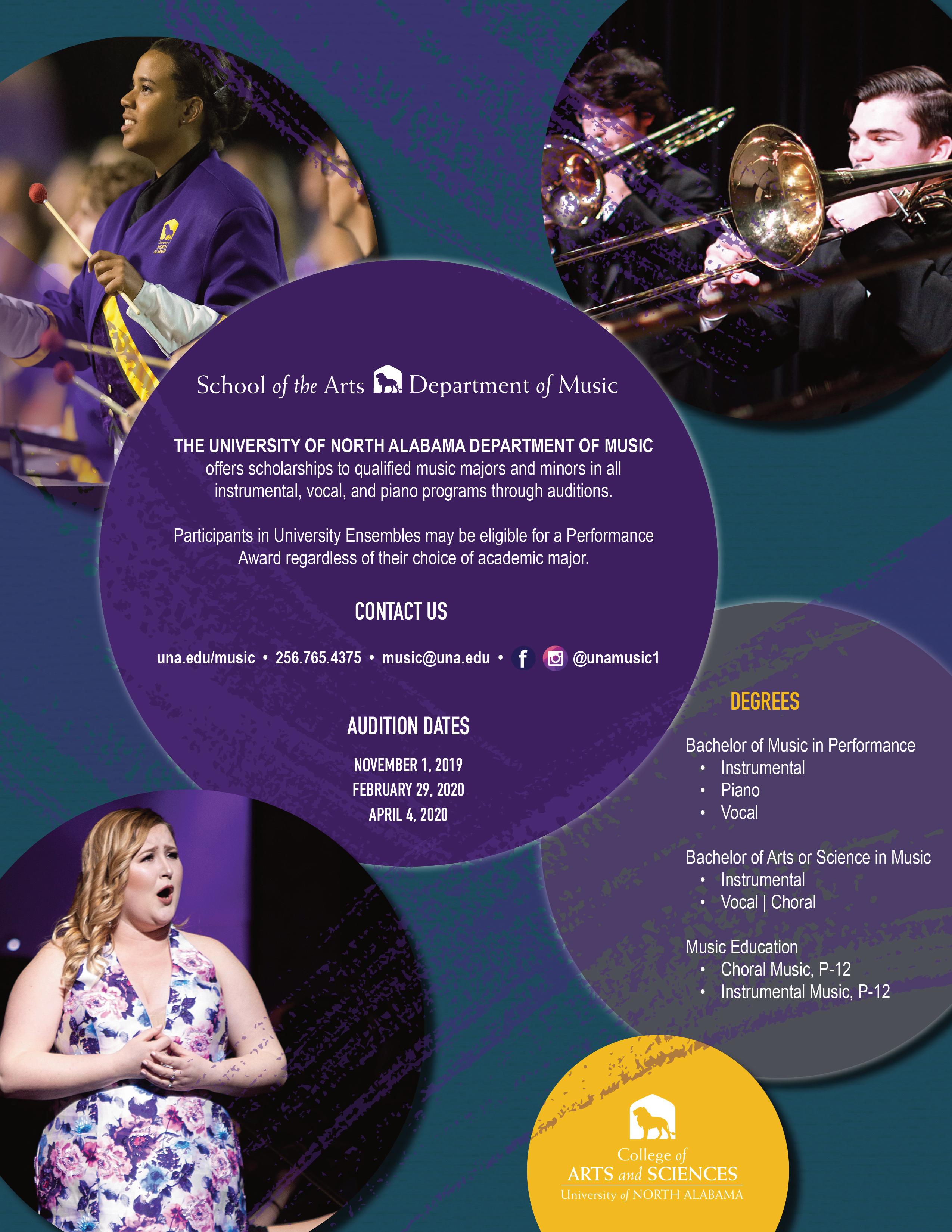
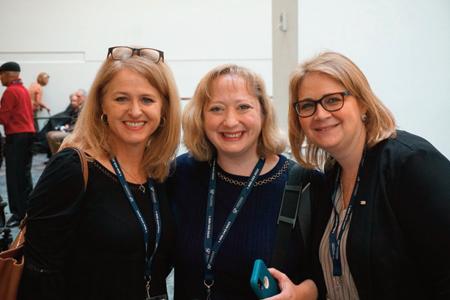

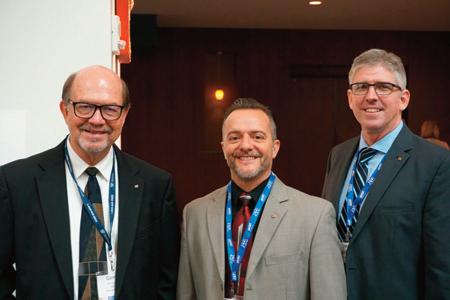
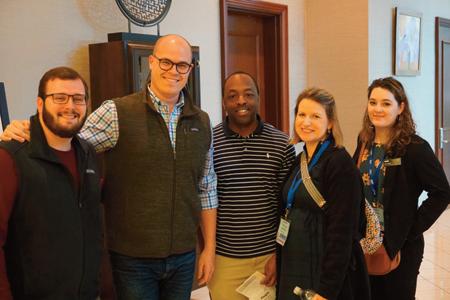



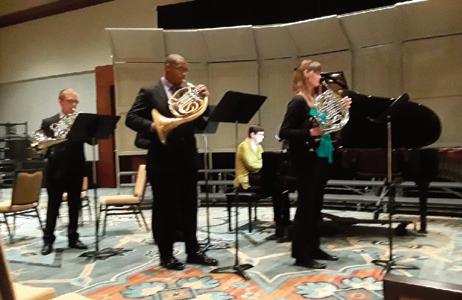
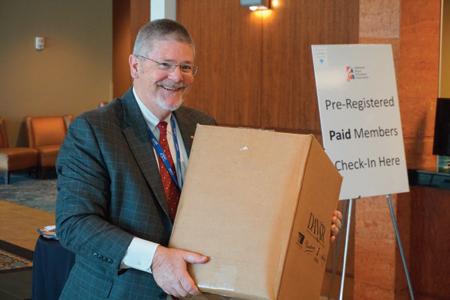
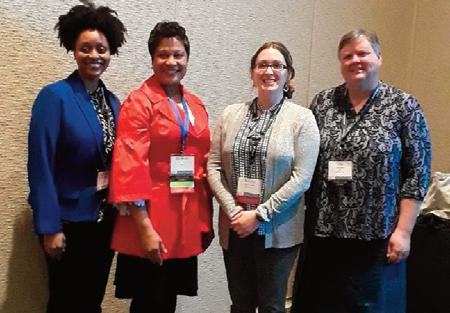
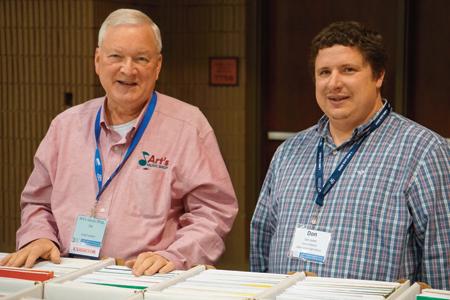





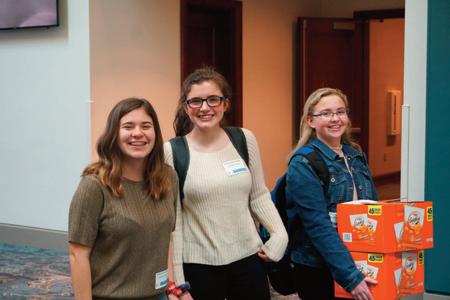



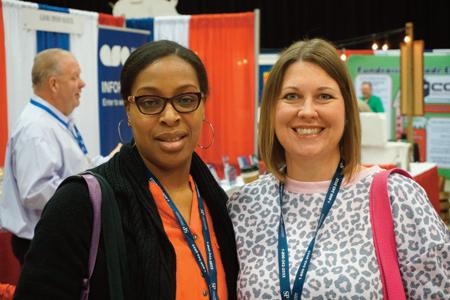

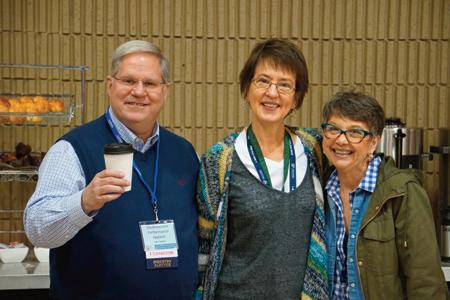

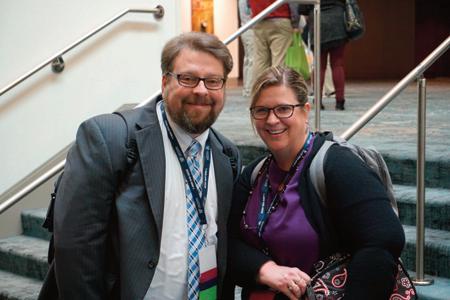



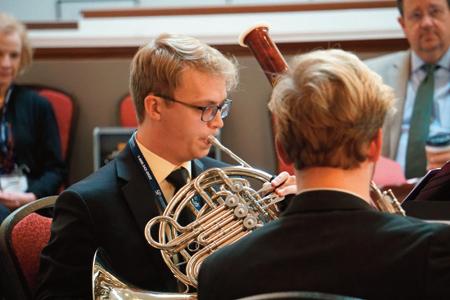

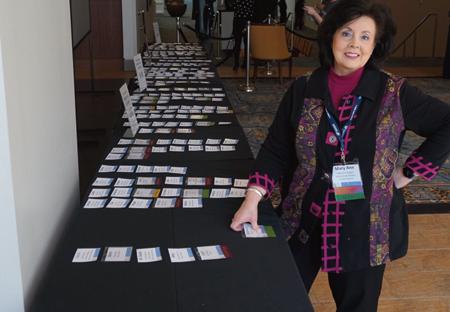


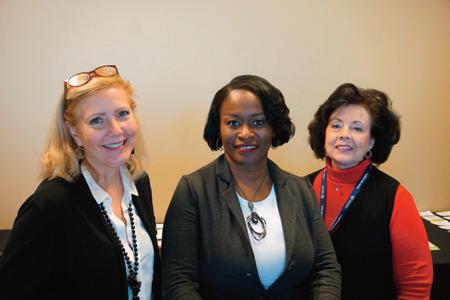
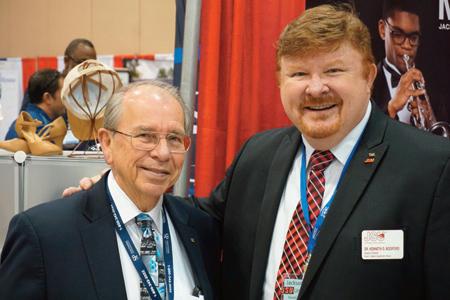
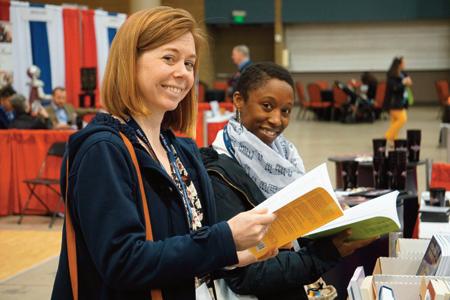
CONFERENCE PHOTOS 26 February/March 2020
AMEA AWARDS and Recognition


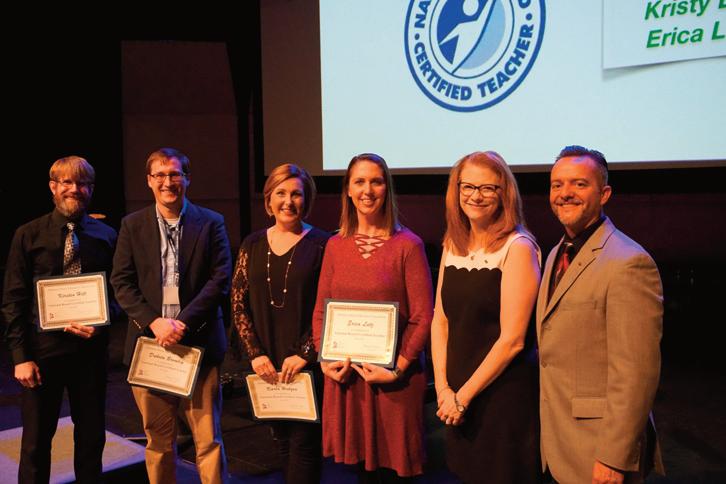
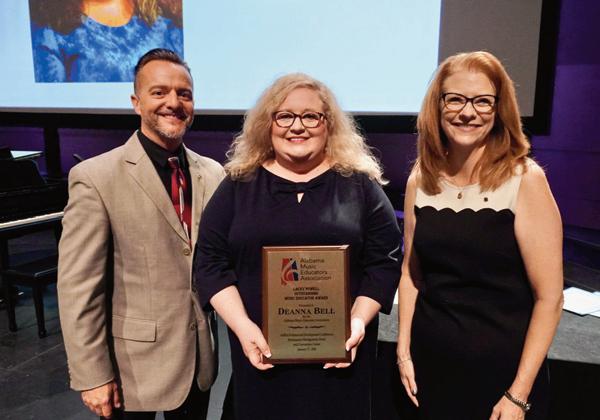
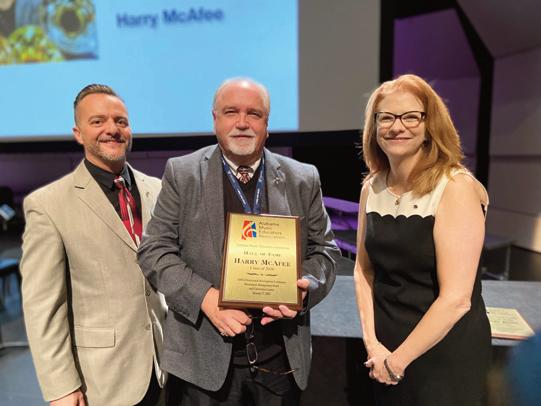
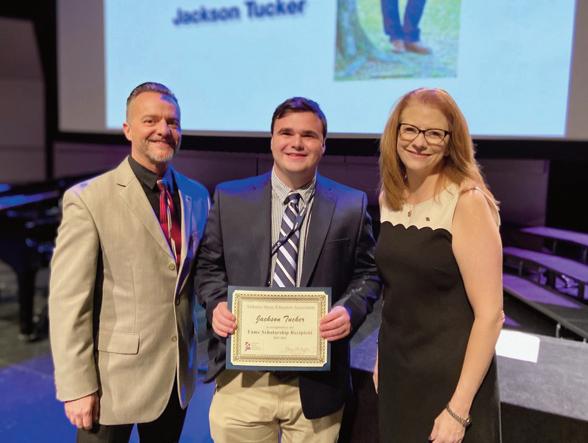
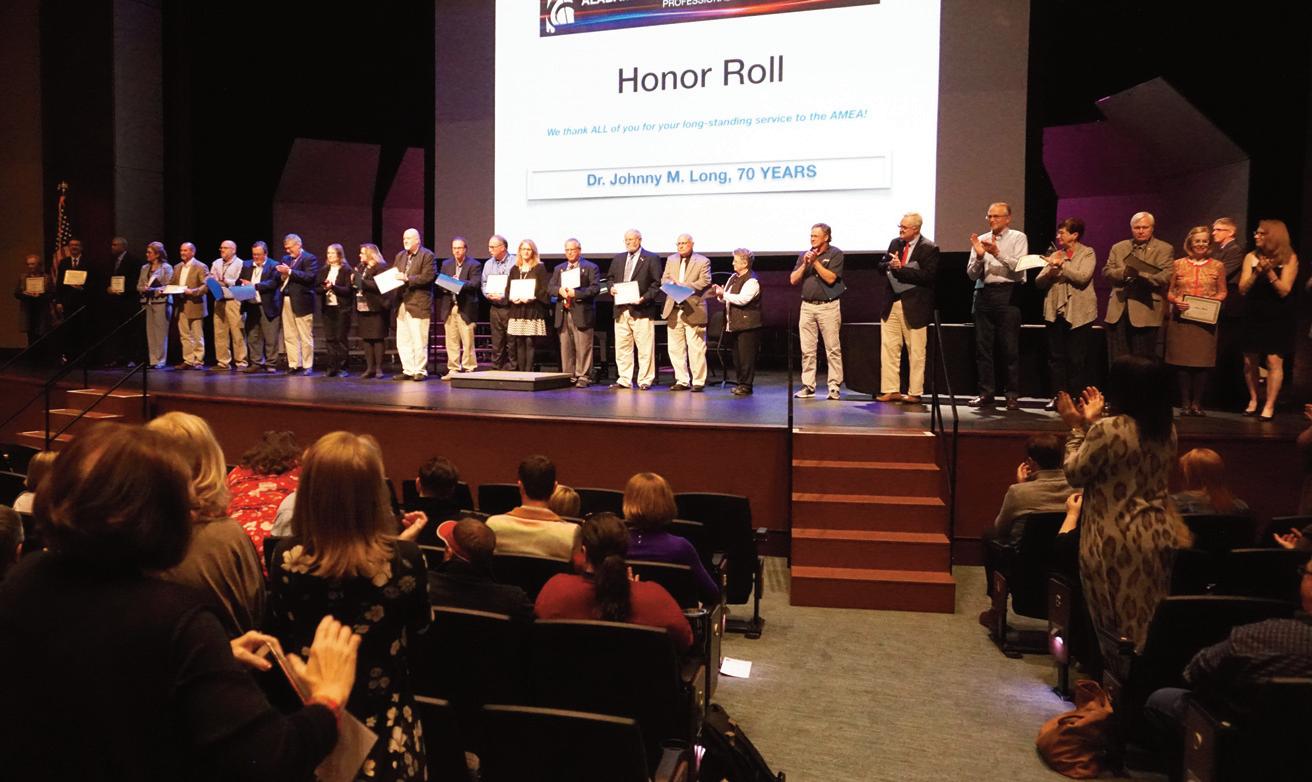
John M. Long - 70 Years
accepted by Mrs. Mary Lynn Long
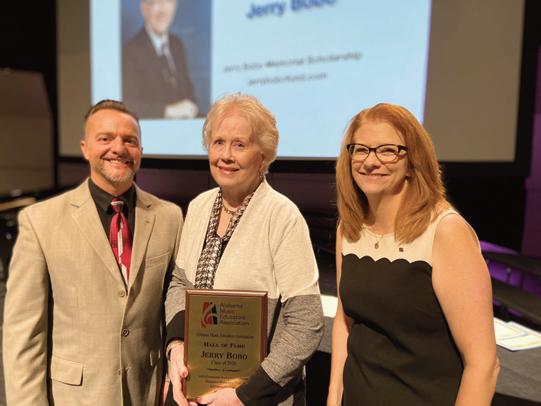
Glenn Spiller - 55 Years
Anne Witt - 55 Years
James Knight - 50 Years
Wanda Thompson - 50 Years
Allen Gillespie - 45 Years
Carl Kauffman - 40 Years
Michael Stough - 40 Years
David Brewer - 35 Years
Rick Coggin - 35 Years
Thomas Holland - 35 Years
Pam Smith - 35 Years
Randell Wallace - 35 Years
David Bearden - 30 Years
Linda Byrd - 30 Years
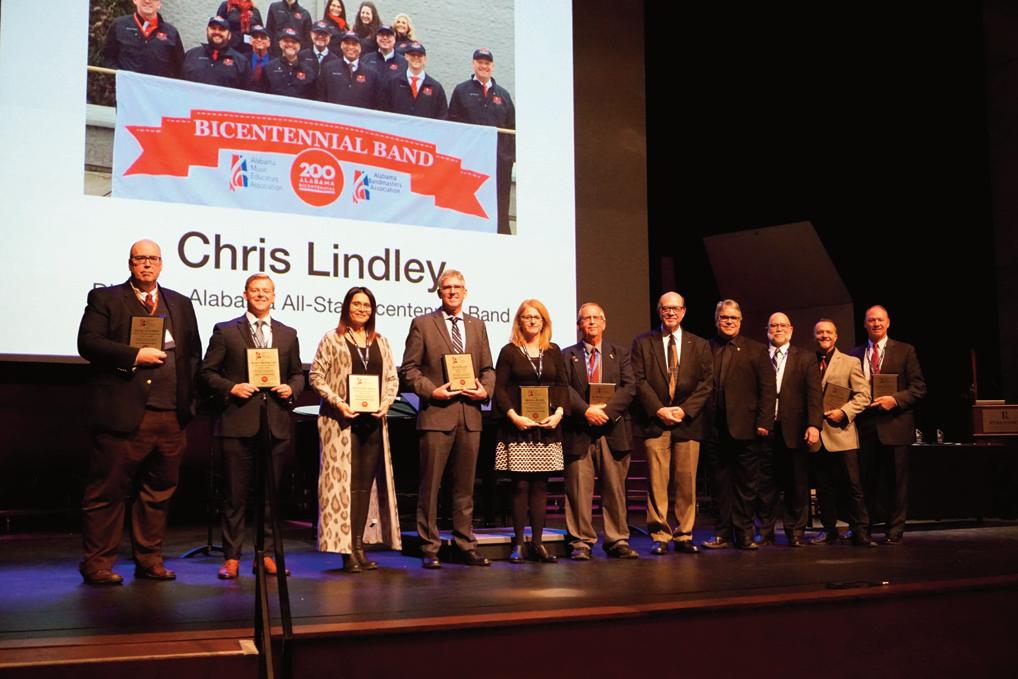
John Cooper - 30 Years
David Curren - 30 Years
John Foster - 30 Years
Thomas Francis - 30 Years
Martha Jean Harris - 30 Years
Detrick Hodges - 30 Years
Clarence Janes - 30 Years
Russell Logan - 30 Years
Jane Powell - 30 Years
Regina Raney - 30 Years
Leslie Welker - 30 Years
Carl Hancock - 25 Years
Curtis Hollinger - 25 Years
Melissa Lindley - 25 Years
Damon McAllister - 25 Years
Clayton Sloan - 25 Years
AMEA Young Composer Finalists
Melinda Bobo accepts the AMEA Hall of Fame plaque on behalf of her late husband, Jerry Bobo
FAME Scholarship recipient Jackson Tucker
2020 AMEA Hall of Fame Inductee Harry McAfee (center) with AMEA President Greg Gumina and Immediate Past-President Susan Smith
Alabama Bicentennial Band Staff
David Allinder, Mason McFarland, Stephanie Ezell, David Raney, Regina Raney, Rusty Logan, Garry Taylor, Robert W. Smith, Andy Meadows, Greg Gumina, and Chris Lindley
Deanna Bell is presented the Lacey Powell Outstanding Music Educator Award
ala breve 27
National Board Certified Teachers (Class of 2019) Kirsten Hill, Dakota Bromley, Karla Hodges, and Erica Lutz
AMEA Honor Roll
DEPARTMENT OF MUSIC


MUSIC THAT WILL CHANGE YOUR WORLD

Candidates for AMEA
Christopher D. Cooper is in his twentyfifth year of teaching and has been at Homewood City Schools for the past twenty. This year Mr. Cooper has taken over the 400-member Homewood Patriot Band at Homewood High School. The past twenty years Mr. Cooper has led the Middle School Band Program in Homewood which is made up of over 575 students from a school of 916. They have performed for the Alabama Music Educators Conference in 2002, 2006, 2012, and 2016 and the Southeastern United States Concert Band Clinic at Troy University in 2003 and 2006. Homewood High School Band has grown significantly since Mr. Cooper’s arrival in Homewood, from 140 students to now around 411 students in the high school band program. Next year the Homewood Patriot Band will be featured in the Tournament of Roses Parade in Pasadena, California.
In 2014, Mr. Cooper was chosen as the Homewood Grown Impact Teacher of the year by the Homewood City Schools Foundation of Education. In 2009, Mr. Cooper was chosen to be the guest clinician for the Association of China and Mongolia International schools Honor Band held in Tianjin, China. During his 10-day stay in China, Mr. Cooper rehearsed the honor band and worked with several International Schools while in Tianjin. In 2004, Mr. Cooper was chosen as the Teacher of the Year at Homewood Middle School, Homewood City Schools, and 1 of 8 finalists for the State of Alabama Secondary Teacher of the Year.
In 1993, Mr. Cooper received his Bachelor of Music Education degree from Auburn University. While at Auburn Mr. Cooper was the percussion section leader for three years, undergraduate assistant for one year, and President of Phi Mu Alpha. Mr. Cooper then completed his Masters of Music Education from the University of Southern Mississippi in 1996. Mr. Cooper is an active band and percussion adjudicator throughout the Southeast United States and has conducted over thirty Middle School and Junior High Honor Bands throughout the Southeast United States. His wife Karen is a 2nd-grade teacher at Shades Cahaba Elementary School in Homewood, he has a daughter Molly Kathryn (18) who is a Freshman at the University of North Alabama, and son Mason (16) who is a percussionist in the 10th Grade.
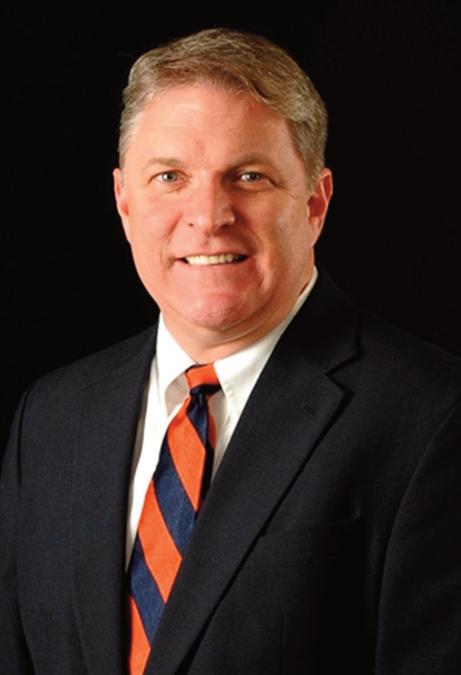
Rob Lyda is the music teacher at Cary Woods Elementary in Auburn, AL and an adjunct instructor at Auburn University. He has taught a variety of instrumental, vocal, and general music courses for students in grades Kundergraduate. Dr. Lyda received the B.M.E. from Troy University and the M.Ed. and Ph.D. in Music Education from Auburn University. In addition to his academic degrees, Dr. Lyda has completed certification studies in Kodály, World Music Drumming, TI:ME, and is an Orff-Schulwerk (Levels I-III) certified teacher at the Master level. Dr. Lyda regularly presents research on technology integration, creativity, and general music education at state, regional, and national conferences. He is a sought-after clinician for professional development workshops, particularly for topics related to elementary music education. Ensembles under his direction have performed at Walt Disney World, The Alabama Association of School Boards conference, and throughout the local community. Currently, he is the director of the Auburn Ukulele Band. His efforts have been recognized through awards that include Teacher of the Year at the school and district level, the Phi Kappa Phi Love of Learning Award, and the Alabama Music Educators Association’s 2019 Lacey Powell Outstanding Music Educator. His writings can be found in the Ala Breve, General Music Today, and the International Handbook for Middle-Level Learners. He has contributed to curricular materials for NAfME, the Alabama Learning Exchange, and the Alabama Course of Studies for Fine Arts (music). For three orchestral seasons, he has created the Teacher’s Guide for the Alabama Symphony’s Young Persons Concerts. Throughout his career, Dr. Lyda has been a passionate advocate for both music education and music educators. In the fall of 2000, he founded and hosted the first CMENC (now CNAfME) Collegiate Summit, which is still a well-attended workshop for pre-service music educators across Alabama. Currently, he hosts the East Alabama General Music Workshop each fall to provide high quality free professional development for music educators. In order to fund education initiatives for school and community groups, he has written and received over $500,000 in grant funding. During the 2016 – 2017 school year, Dr. Lyda was the music education representative on the Alabama State Superintendent’s cabinet. In addition, he supports music education at the state and national level as a member of the NAfME President’s cabinet, Advocacy Chair of AMEA, and as a delegate to NAfME’s National Assembly in Washington, D.C.
Dr. Lyda holds memberships in the Alabama Music Educators Association (AMEA), National Association for Music Education (NAfME), American Orff Schulwerk Association (AOSA), College Music Society, Phi Kappa Phi, Phi Mu Alpha Sinfonia, the Organization of American Kodály Educators (OAKE), and the National Band Association. Currently, Dr. Lyda serves as the National Chair of NAfME’s Council for General Music Education, Secretary of the Elementary Division of the AMEA, the Advocacy Chair of the AMEA, and is on the advisory board of Teaching Music Magazine.
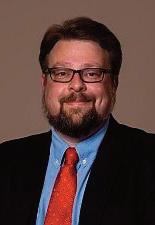
ala breve 29
President-Elect
Vote! The AMEA Online Election begins March 1st and ends April 1st. Watch for an email with a link to the ballot or visit myamea.org
Candidates for AMEA Recording Secretary


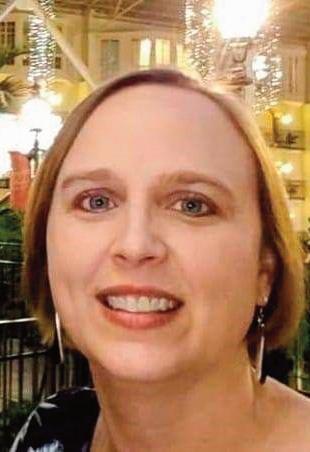
Dr. Carla A. Gallahan is Assistant Director of the John M. Long School of Music and Associate Professor of Music Education at Troy University. As a member of the faculty at Troy University, her responsibilities include teaching music education courses, instructing the horn studio, and serving as Coordinator for Undergraduate Music Education Internship. She also serves as the Executive Director for the Southeastern United States Concert Band Clinic and Honor Bands held at Troy University. Dr. Gallahan received the Bachelor of Music Education Degree, Master of Education in Music, and the Doctor of Philosophy in Music Education from Auburn University. Her teaching background includes eighteen years experience as a band director in Alabama public schools. Dr. Gallahan is the Recording Secretary for the Alabama Music Educators Association and former chairman of District VI of the Alabama Bandmasters Association. She was selected to Who’s Who Among America’s Teachers and Outstanding Young Women of America, has been chosen as Auburn Junior High School Teacher of the Year, Auburn City Schools Secondary Teacher of the Year, and has served as a clinician and adjudicator throughout the Southeast. Her professional affiliations include the National Association for Music Educators, Alabama Music Educators Association, Alabama Bandmasters Association, and Phi Beta Mu.
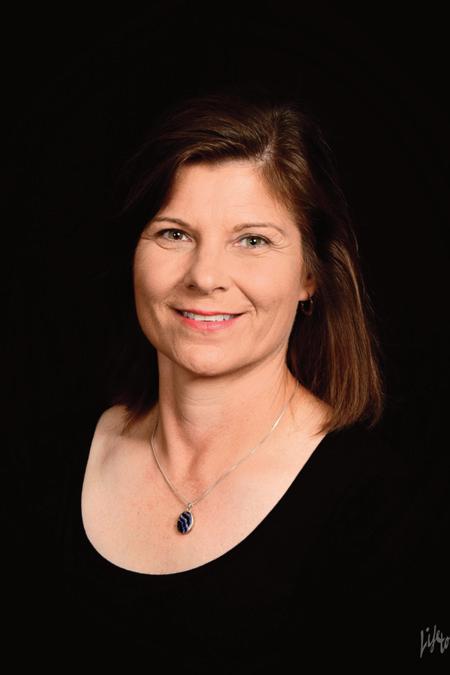
Carrie Cruz is a music teacher, choir director and beginning band director for Jefferson County Schools. She works at both North Highland Elementary and Brighton Schools. Carrie earned her Bachelor of Science in Music Education from Auburn University in 2001 and her Master of Education from Arizona State University in 2003. Carrie was awarded National Board Certification in Early and Middle Childhood Music in 2009 and renewed in 2018. She received Orff Levels I, II, and III Certification from Samford University and Kodály Levels I and II Certification from The University of Montevallo. Carrie has won thousands of dollars of grant money for her classroom and for the Alabama Chapter of AOSA. She recently won a large set of Orff instruments for the Alabama Orff Chapter from the American Center for Elementary Music and Movement. She has been on the executive board of directors for the Alabama Chapter of AOSA for ten years. She is the current President of the chapter. Carrie enjoys spending time with her husband and two sons and playing trombone. She is a member and guest conductor of the Birmingham Wind Ensemble.
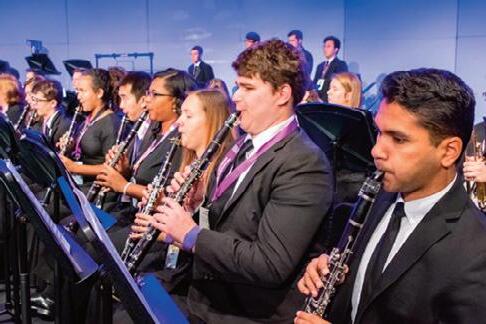

30 February/March 2020
nafme.org/ANHE Audition Deadline: May 1, 2020, 11:59 PM ET November 5–8, 2020 2020 All-National Honor Ensembles Gaylord Palms Resort & Convention Center Orlando, Florida YOUR STUDENTS COULD BE PART OF AN ENSEMBLE EXPERIENCE OF A LIFETIME!
AMEA’s collegiate chapter of NAfME has had a tremendously successful semester! Through the cooperation of the sixteen chapters in our state, the collegiate division has been able to jump-start the new ‘Buddy Chapter’ system, hold the annual Collegiate Summit and attend AMEA’s 2020 Professional Development Conference.

The Buddy Chapter system was started to give collegiate members the opportunity to network with students from neighboring universities. The chapters are broken up by size and geographical location. This also gives chapters the opportunity to see what is working well for other chapters and to be able to grow from that. All in all, we have seen a major spike in unity between collegiate members from neighboring universities and look forward to seeing how the Buddy Chapter system continues to grow.

On October 27, 2019, the annual Collegiate Summit was hosted at Samford University. The summit recorded 40 members in attendance, nearly doubling last year’s attendance. Members had the opportunity to hear from presenters Dr. Becky Halliday (The University of Montevallo), Captain Brian Walden (Samford University), Mrs. Deanna Bell (Vestavia Hills Elementary East), Dr. Anne Witt (The University of Alabama), and Dr. Ted Hoffman (The University of Montevallo). A new teacher panel was also interviewed to give collegiate members a deeper look into what the first year of teaching is like. Concluding with a networking dinner, this year’s annual summit was a huge success!
This year’s Professional Development Conference was a great experience for our collegiate division. With sessions ranging from topics such as interviewing skills to motivating students, collegiate members gained practical information about life as a future music educator. On Thursday night, members gathered for the Collegiate/Higher Education division mixer. This was a time for mingling and networking. Members were able to sit, play games, and meet other collegiate members during this time. The division also gathered at the
collegiate luncheon to discuss the past year and elect a new board to serve on the 20-21 collegiate executive board. The new board members are as follows:
President: Jackson Vaughan, Samford University


Vice President/President-Elect: Emma Tosney, The University of Alabama Secretary: Grace Waldrop, University of North Alabama
Treasurer: Jacob Russell, University of North Alabama
Looking forward to the semester ahead, the executive board is planning on creating new forms of communication between chapters. A monthly newsletter highlighting individual chapters, workshops, and other events will begin in February. The collegiate division will also continuously update its social media presence (@cnafme_al) and focus on what is happening within the individual chapters in the state, as well as the work of the executive board. During this semester, the executive board encourages all chapters to continue meeting and networking with their buddy chapter. Overall, it has been a great semester for AMEA’s collegiate division and the division looks forward to what the next few months have in store!
ala breve 31
Jackson Vaughan, President, Alabama cNAfME
Alabama Celebrates 200 Years
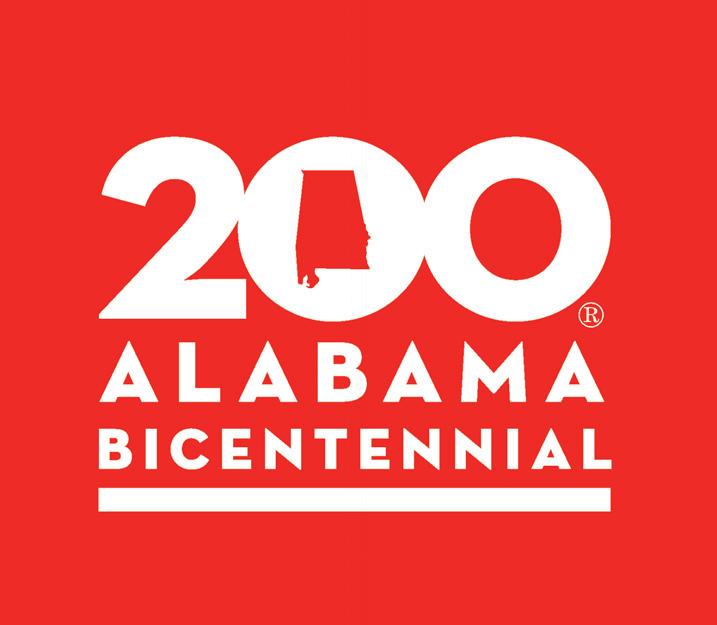 by David Raney
by David Raney
What better way to celebrate Alabama’s 200th birthday than with a parade? On December 14, 2019, Alabama celebrated the grand finale of a three-year bicentennial commemoration with a host of celebratory events. I had the privilege to attend this event and witness a special group of educators and students come together to represent music education during this celebration.
The preparations for the Bicentennial parade started two years ago, with collaboration between the state department and the Alabama Music Educators Association, to produce an all-star band with students that represent all congressional districts in our state.
Funding for this event came about from two grants obtained from the Alabama State Department of Education and the Alabama Bicentennial Commission. The ALSDE Arts Education Liaison, Andy Meadows, also played an important role in supporting the efforts to showcase the talents of our students for this event. An outstanding staff was selected to organize the event and students were nominated by their band directors to participate.
An original song, “Something in the Water”, was written by Anthony Krizan, Cheryl DaVeiga, Jerry Foster and Robert W. Smith for this celebration. It was then arranged for marching band so the guitar soloist, Anthony Krizan, and singer Joe Smith could perform the music with the marching band as a parade grand finale.
Justin Williams wrote an arrangement of our state song, “Alabama”, for the Bicentennial Band to perform during the parade route.
The plans were made and the stage was set to begin rehearsals at Huntingdon College hosted by Rusty Logan on “Friday the 13th”.
If you were wondering what might happen on such a superstitious day while singing a song about water, I can answer that question with one word, RAIN. As luck would have it, the weatherman called for rain all day on Friday and the forecast proved most accurate.
As I watched the students from all over the state filter into the Huntingdon band room, I could see the excitement and anticipation this event had to offer despite the rainy conditions. Students immediately started making new friends as they awaited further instructions in the band room. AMEA President, Greg Gumina, welcomed the students and introduced the director, Chris Lindley, and other staff members.
The band immediately got to work and split into sectionals as they
began rehearsing and memorizing the music. The staff did an incredible job preparing the color guard and majorettes with routines for both the parade music and the grand finale.
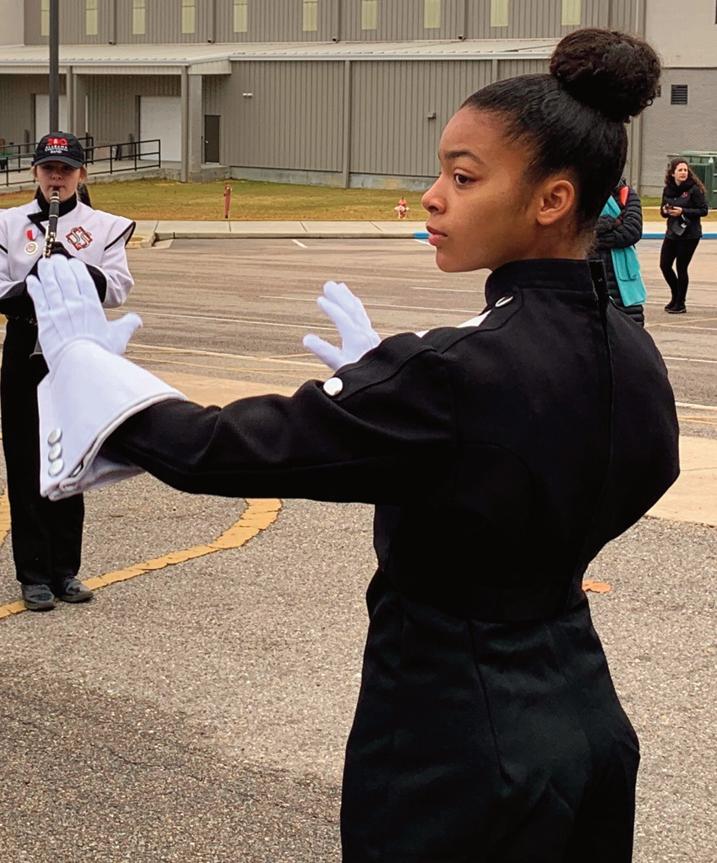
The small groups slowly started to combine before they all gravitated to the gymnasium with a full band music and visual rehearsal. This was the first time the students heard the music, as it would sound for the performance. They soon progressed to the stadium where the parade setup
was established and the guest artists arrived to perform with the band. As the words “something in the water” was sung by the guest artists, the water falling from the sky began to crescendo. Everyone except the cameraman holding the umbrella soon became drenched; however, the rain didn’t slow down the dedicated and excited students as they knew what had to be done for the performance the following day. They never showed signs of weakness and
32 February/March 2020
by the end of the night, they were ready.
The next day, one could figuratively hear a sigh of relief as they were met with sunshine while the band gathered in the staging area. Students wore their band uniforms from their school and were provided

staff walked along beside the band wearing matching jackets and hats knowing all the work and years of planning came down to this moment. The band did not disappoint.
As the band approached the capitol building for the grand finale performance, some last-minute adjustments had to be made but the students never hesitated. With Governor Kay Ivey in the background and TV cameras rolling, the band performed with energy and excitement.
a baseball cap containing the Alabama Bicentennial logo. Students also received a medal to commemorate their participation in this historic event. Majorettes and color guard members were provided matching uniforms along with official bicentennial flags.
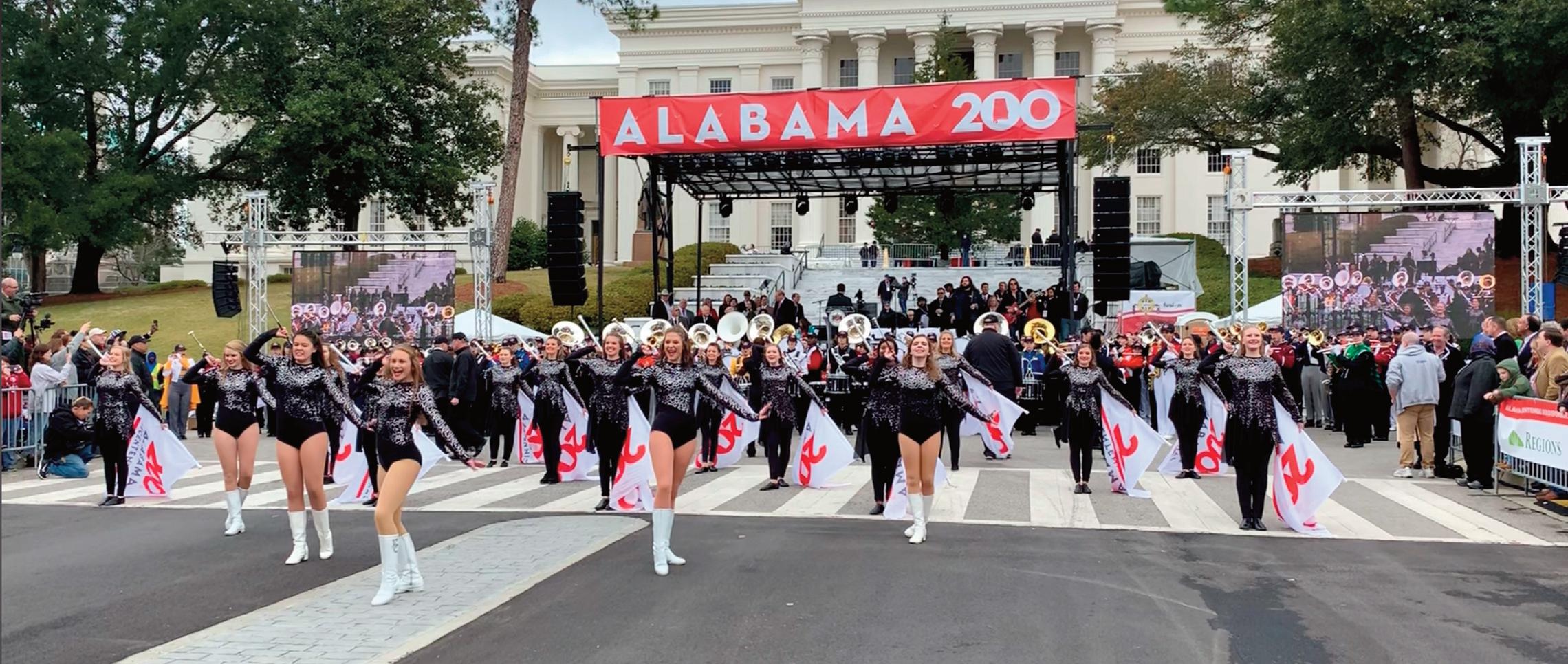
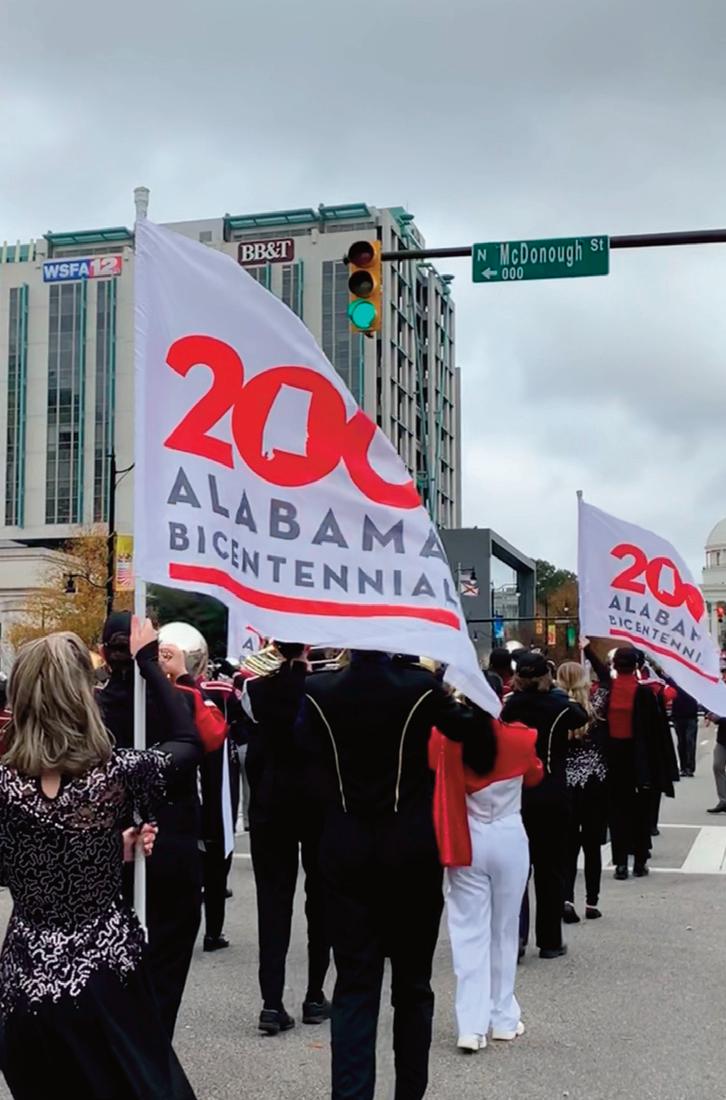
After a stretch, warmup, and lineup the band experienced the all too familiar, “hurry up and wait” routine. The Bicentennial Band was last in the lineup, but the wait was well worth every minute.
The students marched and played for a well-attended audience. The
The governor waved to the band as they exited the area and I could tell the performance was more than the audience expected. The students were beaming with pride from what they were able to accomplish in just one day of practice. As I interviewed several students, they all agreed that this experience will last a lifetime.
I created a music video of these two days using the studio-recorded version of the song, “Something in the Water”. You can find it on the “My AMEA” YouTube channel where I hope to post more videos showcasing the wonderful talent our state has to offer. The video is entitled, “AMEA Celebrates Alabama’s 200 Years”.
The music educators of Alabama proves there is definitely something in the water that provides our students with some incredible experiences.
The Bicentennial Band Staff included: Chris Lindley, David Allinder, James Crumb, Mason McFarland, Mike McGlynn, Aaron Locklear, Stephanie Hill Ezell, Chaney Bowers, Nancy Hamric, David Raney, Regina Raney, Garry Taylor, Rusty Logan, Justin Williams, and Robert W. Smith.
David
ala breve 33
Technology Tools for Concert Band Rehearsals
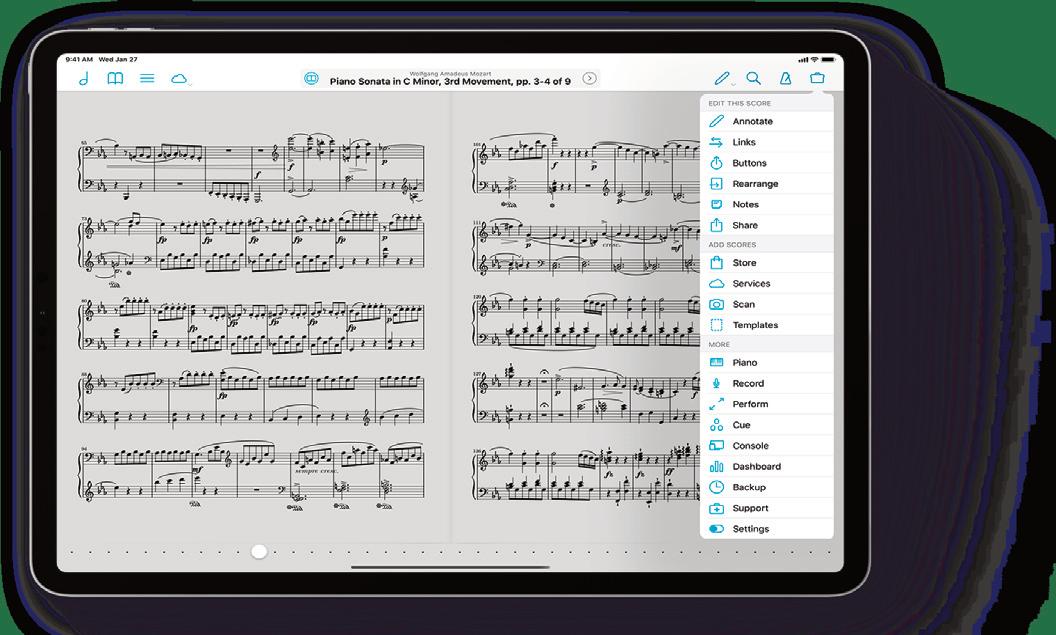
The focus of Tips That Click this month is a short overview of several technology tools that can assist every band director in the preparation of their ensemble for the Music Performance Assessment. The number and scope of tools are overwhelming, and so smart choices must be made to use technology effectively for the best return on finances and time invested. I recently asked several successful directors about tools and apps regularly used and they were happy to share their experiences.
Tonal Energy (phone app)
Digital Recorders and Audacity Sound Editing Software

As the columnist, I rarely give my opinion in this space, but I will share that the best technology I have used to help my groups over the years has been something that has been available to all of us for a long time and has never failed to give valuable insight. I have always recorded my bands regularly using whatever means I had. I was thrilled when I was able to purchase portable cassette recorder and used it religiously. I learned very quickly that the band that I heard while I was on the podium was a good bit different than the band playing on the cassette that I listened to on the drive home! It was a real reality check and frustrating at the beginning of the contest preparation process, but it became very satisfying as we began peeling back the layers of problems and making improvement. I further feel that making recordings demonstrates to your group that you are serious about doing “your homework” as well.

Today, this can easily be done by using a smartphone or digital recorder, but to be effective, recording must be done regularly and studied. When I am asked to go out and hear or rehearse a group, I ask that the director send me a sound file of any part of a rehearsal so that I will walk in the door knowing a little about the group and can provide assistance from the first minutes. A young director can get immense feedback from people that could never travel to their band room, but can listen to a recording and give detailed instruction. Many times, I import a sound file into Audacity and can provide a voiceover track like an adjudicator that can be distributed to the students via email or Google Drive. I think recording the band is often overlooked, but very useful.
Tonal Energy is a very robust and full feature app for both iOS and Android smartphones at a very modest price. Dr. Rusty Logan of Huntingdon College is an enthusiastic proponent: “I use the Tonal Energy App as a tuner and metronome almost daily during my rehearsals. I find that by having the ability to switch quickly between the two on the same App is a very efficient use of time. Also, I like the way you can change between just tuning and equal temperament. This helps the students to better understand how to tune to what is happening during the rehearsal”. Jon Bubbett, the recently retired band director at Thompson High School adds: “We had the capability to project the Tonal Energy app onto our smart board and protector which is extremely beneficial in checking the occasional pitch. For less than 5.00, this little application packs a punch and can be easily attached to amplifiers and projectors. Students can afford the small cost to provide them with a tuner and metronome that they can have with them at all times!

forScore (app for iPad)
This software is new to me but sounds great. When you think about it, choral directors can teach a little differently in their classes, since each student has a full score in front of them most of the time. The teacher can point out details in the composition and the student can visually connect the words of the teacher with a visual image. Joel
34 February/March 2020
Phi Beta Mu
Henson, director at Clay-Chalkville High School recommends this software and says: “Recently, I've started using the ForScore app to project my entire score for students. This gives them a visual model as it relates to balance and keeps them engaged”. The package also allows you to draw on the score with a stylus and make backing tracks with your sound files. The subscription price is less than a dollar a month. The forScore app is only produced for the iPad and os devices, but there are similar packages for the Android platform.
without using a foot pedal. Jon Bubbett used this for years at Thompson and noted: “Incorporating and using the Harmony Director has probably been the biggest jump forward for us, as it has a metronome as well being able to sustain pitches. It also allows you to toggle back and forth between just and dual tempered tuning which has been very helpful when tuning chords etc. “. I have found the secret to using the HD 200 is to not isolating its use to the ensemble warm up/ tune up portion of the rehearsal, but embedding its use through the entire rehearsal in small doses and looking for new ways to utilize it. One of the videos linked below is a 40 minute clinic that discusses many innovative practices.
Yamaha Harmony Director (HD 200)

The most frequently mentioned rehearsal aid among the directors I consulted was the Yamaha Harmony Director. With a list price of 1,500.00 it is not an inexpensive purchase, but it gives the creative teacher a tool that can certainly be worth this long-term investment. I used an inexpensive electronic keyboard in my rehearsals for years, but quickly found that the HD 200 provided a multitude of simple, but useful features that made my rehearsals much more productive. For example, you can play directly from a full score without stumbling around with transposition, and it also can sustain chords or single notes
This article only scratches the surface on use of technology in the concert band, but hopefully something was mentioned here that will have you do further research into some tools that will help you work smarter, not harder. Let me know what technology you are using in your rehearsal today. Good Luck with preparation for Music Performance Assessments and concerts this semester!
To learn more about these outstanding resources, search online for articles and Youtube videos.
Rho Chapter of Phi Beta Mu International Bandmasters Fraternity is committed to the improvement of bands and band instruction in this state. Comments on this column and ideas for future columns are welcome! Please email: pemin@mac.com

ala breve 35
Jazz Music Reviews
“Purpose, Community, and Opportunity”, a New Year’s Reflection
Victor Wooten, one of the most recognized bass players in the world, stated in a Ted Talk…” My mother used to ask us, what does the world need with another good musician?”. What does the world need with you? Music is a lifestyle. He’s not talking about the negative associations some would assume. Does practice provide us with the opportunity to make money or the opportunity to stand on stage in bask in the glory? Music is much more than that. As we come off a much-needed Christmas break, many begin to contemplate New Year’s resolutions.
Thinking back to Victor Wooten’s statement, what does the world need with another good music educator? Sometimes we get caught up in our day to day responsibilities and we forget about the “big picture”. Take a moment and contemplate purpose. What is it that you would like for your students to take away from your program or classroom? Help your students find purpose. Take a moment to discover what inspires your students. Consider the culture of your program and contemplate room for improvement. Sean Jones once told me, “If you are too comfortable, you are not growing”!
Music is evolving, instruments are being improved, pedagogy and resources are constantly being developed, and there are more opportunities than ever for both students and educators. Are you evolving? Are you still listening to music and growing a musician and educator? Jazz education is changing, and it is great to see that more secondary schools are adding jazz ensembles to their programs. Whether you are starting a jazz program or continuing a jazz program, it is important that one is aware of opportunities and resources available. The Jazz Education Network is dedicated to building the jazz arts community by advancing education,
promoting performance and developing new audiences. The 2020 JEN Conference in New Orleans had over 3500 attendees from 20 countries around the world, 150 exhibitors, 135 clinic sessions and research presentations, 80 school group performances, and 40 national acts. In fact, Sallie White took several of her big bands from Hoover HS to participate in the JENerations Jazz Festival, jam sessions, clinics, etc. The 2021 JEN Conference will be in Louisville, KY in January. Tuscaloosa HS and a few other programs around the state have started JEN Chapters at their schools. There are several benefits to this program including free charts, grants for clinics, and so much more. I am available to help you set a Chapter up if you are interested.
If JEN is not your path, look to Jazz at Lincoln Center. There are several programs in NYC including the Band Director’s Academy, Jazz Congress, etc. Essential Ellington was a program that was started at Jazz at Lincoln Center and now there are regional Essential Ellington Competitions around the country. Speaking of keeping things current, Jazz at Lincoln Center presented the inaugural Jack Rudin Jazz
Championship this month! 10 prestigious university and college jazz programs from across the United States competed in NYC. At the live announcement of finalists, Wynton Marsalis stated, “We are interested in the development of every individual as a jazz musician and a person. You will be long out of this and we will still be looking out for you. We want you to be holistic, healthy, dynamic and powerful as you can be. This will be one of many experiences in your development and want it to be a positive one. Part of positivity is accepting other people’s greatness, other people’s creativity, and other people’s abilities to do things because they represent you if you are not there”. We can relate this advice to education and our very own classrooms.
Sometimes out of state travel is not financially possible. Look around the state and see what opportunities may exist for your students. The Alabama Jazz Hall of Fame Jazz Fest is March 27- 28, the UAB Jazz Summit is March 26-28, Troy University’s Jazz Fest is April 4, Jacksonville State’s Jazz Festival is April 10, and there several other events (regular jam sessions, clinics, concerts, etc.) going on all over the state. Reach out to schools nearby if you are
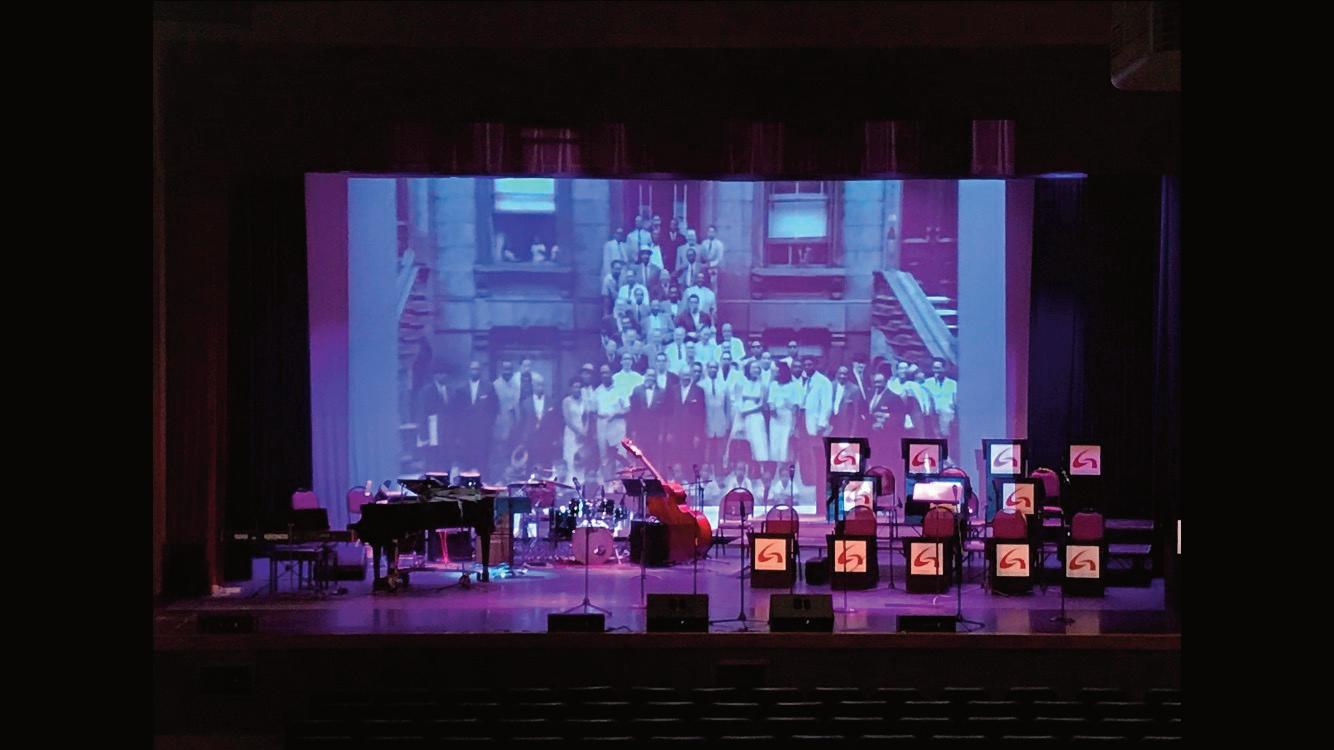
by
Matt Leder
36 February/March 2020
hosting a clinician or hosting an event. I was so inspired by a band director that reached out to me recently to inform me about a clinician that would be attending their school. Often, there is a great concert or clinic that is within driving distance and we didn’t even know about it. Reach out to colleagues, check your ego at the door, and serve the student
and the music! Looking ahead, the 2020 GSCC Jazz Festival “Celebrating the Foundation of Funk” will be November 5. I am pleased to announce that we will be including a new group to the mix…the Alabama Jazz Education Network (JEN) AllStar HS Big Band! Auditions for this prestigious ensemble will be released soon. Students will have the opportunity to work with an international guest artist, observe clinics and performances during the GSCC Jazz Festival, will perform as the opening act for the finale concert with a guest artist and a guest director, and will have the opportunity to participate in an after party jam session. Stay tuned for details!
Keep your ear to the ground for opportunities and continue to improve your craft. “Rehearsing the Jazz Band” by Mary Jo Papich and Ryan Adsons was just published 2019 and has been a hot item to purchase at both Midwest and the JEN Conference. There are several contributors to this text including Caleb Chapman, John Clayton, Gordon Goodwin, Steve Wiest and many others. There are several other texts out there and several online resources. If

MUSIC Changes LIVES
you are not aware, there are technology resources available to educators and students including “The Amazing Slow Downer”, “Transcribe”, “iReal Bb”, “Band in the Box”, etc. In the upcoming months, we may took a look at some of these resources in more detail.
In summary, as we start 2020… take a moment and reflect on purpose. Stay current and keep an ear to the ground for opportunities. Connect with local educators and fellow colleagues to develop a deeper network of opportunities for students. Please reach out to me if you would like me to stop by your program to work with your students or help you start a JEN Chapter (256-5498394, mleder@gadsdenstate.edu). Let’s make 2020 a great one! Back to the “woodshed” for me… see you on the band stand!
In the spirit of swing, Dr. Matt Leder www.mattleder.com
Learn about this year’s direction for Music In Our Schools Month® (MIOSM®), as we focus on lessons for second- and 昀fth-graders that help them learn elements of music through some classic children’s songs in English and Spanish. The lessons and songs, however, can be shared at many levels. All are available without charge to teachers for their use during MIOSM and beyond.
Read about this year’s theme and the direction for Music In Our Schools Month in years to come; obtain lesson plans and other resources; and take part in the Biggest School Chorus in the World with American Young Voices by visiting nafme.org/MIOSM.
Follow the hashtags #MIOSM and #MusicChangesLives on Twitter and Instagram.
Questions? Call 1-800-336-3768 or email memberservices@nafme.org
2020
MUSIC IN OUR SCHOOLS MONTH ® ala breve 37
Never Take ‘No’ from an Inanimate Object: A Guide for Teaching Oboists
by Kathleen Bell
“Never take ‘No’ from an inanimate object.” These words, spoken by John Mack, legendary principal oboist of the Cleveland Orchestra, have been a comfort and, at times, a challenge to young oboists everywhere. Mr. Mack was speaking of the challenges oboists face when making reeds—those little indispensable pieces of cane we pluck from nature and then chop, guillotine, gouge, clip and scrape into a form that works for us—we hope. While reeds are the most obvious challenge oboists face, they are far from the only one. My goal in writing this article is to provide some tips for music educators and students for whom the oboe may at times seem like a mystery—and an unpleasant one at that.
Teaching Beginning Oboe:
For any beginning band directors who aren’t oboists, starting students on oboe can be a daunting task. When you have several eager young oboists staring at you for answers, it’s likely that the three weeks you spent studying the oboe during your junior-year Woodwind Methods class feel very distant. Perhaps your methods class instructor chose to leave out double reeds altogether! While I can’t speak to all the burning questions regarding starting oboists in one article, the following are some things you may want to consider.
Who Should Play the Oboe?
While there isn’t an exact recipe for the perfect oboist, it can help to ask who might be a good candidate to start on the instrument. In band, there are obviously different personnel needs for oboists than for clarinetists or saxophones. As there are fewer band parts for oboes (and likely fewer available instruments), you don’t need as many in your program. Once students reach high school, however, it’s often hard to choose great repertoire when you have zero oboists. Encourage those self-motivated students who seem enthusiastic enough to stick with band to try the oboe. Next, consider choosing students to play the oboe who are smart and fast learners. (I promise I’m not saying this just to brag!) I remember sitting in band staring jealously at all the flute players who already sounded decent on their shiny instruments, while I sounded like a strangled duck. Even though I was excited about my instrument, it was still disheartening. Due to the nature of the instrument, it’s easy to feel behind even if you start learning to play when everyone else does. Students who can persevere and will be dedicated to practicing are a must. Students who are easily frustrated or embarrassed may not be happy with an instrument which, for good or ill, often places players in the spotlight. When
possible, it can be great to start beginning oboists over the summer to give them a jumpstart to learning. Parental support for oboists is also necessary, as it is a perpetually expensive instrument to play: instruments are not cheap, great reeds often cost $20-25 each, private lessons are encouraged and oboes are rather fragile, meaning regular repairs.
There are many different philosophies regarding when and how to start students on the oboe. Some programs choose to have students learn another band instrument and then transition to the oboe or bassoon; others start students directly on a double reed instrument, which I prefer. While there are pros and cons to each approach, I’ve found that students who switch from another woodwind instrument have already developed playing habits and strengthened an embouchure which doesn’t directly translate to the oboe (for example, proper clarinet embouchure is almost the exact opposite of a good oboe embouchure).
Reeds:
One of the most crucial determinants of success or struggle on the oboe is the reed. Students have the option of buying massproduced reeds (ex. Jones Reeds) or professionally hand-made reeds. If you can help your students find a reputable and reliable professional source, it is undoubtably the best choice. I purchased two of the same type of store-bought reeds to use as a demonstration for Auburn’s music education students this fall and the pitch was a whole step different from reed to reed—if that’s the case, how can students ever learn if their pitch issue is them or the reed? It’s advisable for students to always have at the very least 2 functioning reeds (3 or 4 is better). As a band director, you may want to keep a few extras in your office just in case, as reeds always seem to break on concert days.
Reeds require special care and maintenance to make them last. Each student should have a small cup in which to soak their reed each day before playing. Soaking the reed by sucking on it is not the same as letting it soak in water. The reed should be placed gently cane-end first in the water almost up to the string. The cork shouldn’t be soaked, as it will be hard to fit in the oboe if it expands. The reed should be in the water between a minute-anda-half and two minutes. Any less, the reed will not be soaked enough to vibrate well; any more, and the reed can oversoak, making it stuffy to play and too open, altering the pitch. If you teach band, please try to give oboists enough time to get their reed out and soaked! It can be stressful for oboists to try to both treat their reed with care and hurry to get set up and ready to
38 February/March 2020
play with the rest of the instrumentalists.
It is wise, especially for the first few years of playing, to perform periodic “reed checks” to confirm that the student’s reeds are in playing shape. The opening should be “normal,” (not overly closed or open), the reed should be without cracks (which are death to reeds), and the corners intact. If the reed is cracked, missing all corners, or extremely closed, it’s time for a new reed (see diagram for parts of the reed).
Fundamentals:
“Fundamentals” is a term we use to mean the most important physical elements of playing an instrument. They include posture, breathing, tone, embouchure, articulation, pitch, etc. Great fundamentals are essential. They help us play more successfully and enjoyably, ultimately helping us do everything we want to do musically. While it’s impossible to discuss all fundamentals here in the detail they deserve, here are a few of the most important elements for beginners:
Embouchure: Start by having students whistle (or pretend to, if they can’t). When we whistle, the corners of our lips are forward, in an “ooo” shape, and our chin is flat. This is a great start for the oboe embouchure. From the whistling position, have students very slightly tuck their lips inward and “firm up the lips” as if they’re cinching a drawstring bag. At this point, have students look in a mirror and work to memorize this feeling. The reed can then be placed on the lower lip. About 2/3 of the cane should be in the player’s mouth. The thread should not be touching the lips. Biting down on the reed with pressure from the jaw or teeth should be completely avoided! Remember that building an embouchure takes time and practice—it’s normal for the embouchure to get tired until new muscles become accustomed to playing the instrument.
and collapsed finger joints, which can lead to pain and even scarier problems such as carpal tunnel syndrome. Have your students hold out their hand with their palm up, and imagine they’re gently holding a baby chick or a ping pong ball. Their fingers should curve around the imaginary object, but not squeeze it. Then have them hold that position, turn their hand over, and try placing it on the instrument. Fingers, especially the ring finger and pinky (which tend to straighten the most) should still be curved. When playing, have the students aim for fingers that are quiet and stay close to the keys.
Posture: As with the rest of the wind instruments, students should start with their feet flat on the floor for stability, their upper body lifted with no tension, and their head looking straight ahead (not down to the ground or up at the ceiling). The oboe should come up to the player, not vice versa. The oboe should be held at an angle of 45 degrees or less for the best embouchure and tone. Arms should be relaxed at the player’s side, rather than floating midair.
Tone: As early as possible discuss what a great tone on the oboe means. This ideal can differ a lot from player to player—for me a great tone means depth and richness, with resonance and the ability to produce many musical colors. A goal should be to have the different registers on the oboe match as much as possible, which means we need to constantly adjust our voicing (internal adjustments of throat, mouth and tongue placement). Having students listen to recordings of great oboists from the beginning will be immensely helpful.
Pitch: The oboe is a very pitch-flexible instrument. On the reed alone we can achieve a whole range of pitches. As a result, students should work to learn the pitch tendencies on their own instrument with the goal of being able to play in tune with themselves, and in tune with others. Have students practice singing a pitch before playing it to develop their inner ear. If a student is playing sharp: check the reed’s pitch (should sound a C by itself), make sure the student isn’t biting the reed, and lastly have them take the reed a tiny bit out of their mouth. If a student is playing flat: check the reed’s pitch (as before, it should sound a C by itself), make sure they’re blowing air that’s fast and supported, and have the student put a little bit more reed in their mouth to raise the pitch.
Breathing: Breaths for oboe playing should be low, deep, and expansive. If a student’s shoulders are rising and falling with each breath, it’s likely that they’re only using the top half of their lungs, which will be insufficient for playing the oboe. I like to have students envision breathing in warm air with their tongue on the floor of their mouth. Breaths should be noiseless but powerful. On the oboe it is often necessary to let old, used air out before taking a full, deep breath in.
Hand Position: We always want students to aim for no tension in their playing! To do this on the oboe we want to avoid flat fingers

It’s often tempting for directors to start beginning instrumentalists in the key of Bb, but the notes in a Bb scale are quite awkward for beginning oboists due to the necessary finger combinations. Begin by teaching students the following notes: middle B, A, G, F#, E and D, all of which they can play by putting down one finger at a time.
It is helpful for band directors to be aware of what I call the “F” situation on oboes. There are three ways to play a low or octave F on the oboe. “Regular F” should be the default fingering, however anyone who takes a quick look at a fingering chart will
ala breve 39
see that we quickly run into finger problems if we try to go from D or Eb to this “regular F.” There are two solutions to this—a “forked F” fingering (often indicated in method books with an “x”) or a “side F.” The side F is far and away preferable due to the sound consistency, but many beginning oboes do not have the side F key. When it is available, it is always better to try teaching the side F fingering to students as opposed to the forked F. It is very hard to break students of the habit of relying exclusively on the forked F fingering—but necessary for the best pitch and tone.
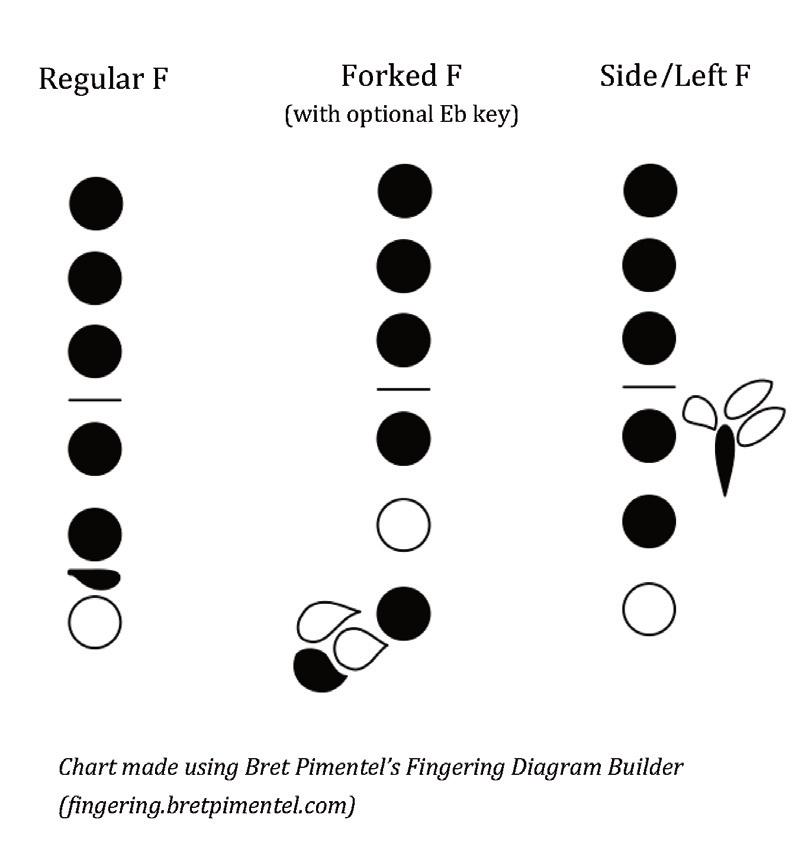
unless they’re planning to continue studying oboe in college.
Develop a consistent warm-up routine and practice plan: regular long tones, scales, and other exercises will help students improve rapidly and gain consistency.
Listen to great oboe players: There are CDs and other recordings available for purchase or streaming on the internet and Spotify. Listening to incredible performers will help students know what they’re aiming for soundwise. There are many great players to listen to, but some of my favorites include: Linda Strommen, Elaine Douvas, John Ferrillo, Jeffrey Rathbun, Roger Roe, Eugene Izotov and Frank Rosenwein.
Students should attend any events offered to learn more about their instrument including camps, faculty recitals, double reed days, orchestral and band concerts. Exposure to great music will help make better musicians!
Purchase: a good reed case, a tuner, metronome, and drone
Explore double reed vendors online (reed supplies, music, etc.):

Forrests Music
Midwest Musical Imports
RDG Woodwinds
Additional words of wisdom for students who want to get serious about studying the oboe:

Get a private teacher ASAP: A private teacher can help students fix the specific oboe problems they encounter (and there will be a lot). They will also be an expert in oboe repertoire and be able to assist with reed needs. If there isn’t a private teacher in your area, many teachers are open to giving Skype lessons, which can be a great alternative to weekly in-person meetings. Start thinking about purchasing a personal instrument: Oboes, like most instruments, don’t benefit from sitting in a storage closet. Unless your school has a decent instrument which has been sent in for regular repairs and adjustments, students who can afford it will be better off purchasing their own oboe. There are many great brand options out there including: Fox, Lorée, Yamaha, Howarth, etc. A big consideration will be whether to purchase a plastic or wooden instrument. Plastic instruments are more resilient to heat and cold but lose something by way of tone. Wooden instruments require special care, including a break-in process and warming up the wood before playing to prevent cracking, but often have more resonance and a richer tone. It may be best for students to purchase plastic
Trev-Co Varner Music (for sheet music)
Harvard Double Reeds
Finally, as my youth orchestra director would always say: “Love music, ladies and gentlemen!” That advice alone will always carry you far.
Whether in lessons, reed-making sessions, or masterclasses, Kathleen Carter Bell - Auburn’s Lecturer in Oboe and English Horn - equips students to become vibrant musicians and their own best teachers. Kathleen has a great passion for performing. She has played with orchestras across the Midwest and represented Indiana University at Seoul National University's 2019 Winter Chamber Music Festival. Kathleen is ABD toward a Doctor of Music degree from Indiana University and was one of six graduate recipients of the 2012 Barbara and David H. Jacobs Fellowship, granted for “excellence and leadership in the world of music.”
40 February/March 2020


Band Music Reviews

The time that researching what is new each year from wind band composers is daunting. There is just so much new music now. As conductor-educators, the responsibility of selecting your ensemble’s curriculum is huge. That responsibility coupled with the sheer volume of new music, certainly makes literature selection a time-consuming job…and this is making an assumption that we are aware of the literature we have that is not “new”! When I’m programming for the ensembles I conduct, the job is incredibly educational, enjoyable and yes, time consuming. Your investment pays off when you do your homework and select the right curriculum for your students. For me, it’s just something that “clicks” in my brain when all of the pieces for a concert cycle work. Those are the good days! I hope the three pieces below are some you will take another look at. I’ve enjoyed getting to know them!
One of Alfred Music’s new pieces in their “Debut Series” for young bands is a delightful piece by Jared Barnes titled To Build A Dream To Build A Dream is a grade 1 work that is approximately 2:30 in length. It opens with a fanfare section that is well scored for your young ensemble. With an interesting introduction presented in a marcato style, the piece moves to the more lyrical “A” theme that is a wonderful vehicle for working with your young band on lyrical and expressive playing. At the conclusion of the “A” section, the composer develops the lyrical theme in a very interesting fashion and features optional solos in trumpet and alto saxophone. The opening theme returns with a well thought out coda. The piece sits very comfortably in the key of Eb Major. With the contrasts in To Build A Dream, I think it’s an excellent choice for opening your spring concert with your first-year ensemble.
When I first heard Carol Brittin Chambers work Byzantine Dances, I was immediately drawn in by the wonderful themes, smart scoring and engaging stylistic writing. Published by Excelcia Music Publishing in their Intermezzo Band Series and listed at a level 2, I know your students will really enjoy working on this piece. Byzantine Dances is intended to portray a set of Turkish Dances and contains many Turkishsounding elements. The melodic material is largely based on the Byzantine scale…and the utilization of “Turkish Zills” or finger cymbals adds to the overall feel of the piece that takes you right to the center of a crowded Turkish market. This is an excellent piece to introduce grace notes to your students, and it contains a nice variety of different articulations with only a few measures of syncopation. Ensemble members also incorporate unique finger snaps and hand claps to add to the style of the piece. Byzantine Dances utilizes the key signature of Bb Major, but the tonality shifts several times throughout the piece making for a very interesting harmonic structure. This piece deserves a look from anyone who has a
by Randall Coleman
grade 2 or 3 level ensemble. If you are looking for a piece that provides excellent opportunities for cross-curricular collaboration with your colleagues studying the Byzantine Empire, this is it. I think the tempo, length and stylistic considerations of Byzantine Dances make it definitely a grade 2+ or even a grade 3. Hope you will check this one out. I think your students will love it.
I have really enjoyed studying and working on John Mackey’s new piece, Sacred Spaces. Premiered by the United States Army Field Band in July 2019, this 4-minute work is a fresh and exuberant concert opener for your advanced ensemble. In Sacred Spaces, Mackey displays his wonderful lyrical writing and combines that with all of the excitement and drive that is another of his trademarks. Utilizing incredibly interesting harmonies, the piece takes you on a journey that is intended to be a musical homage to the Grand Canyon National Park. All of John Mackey’s library is published by his own publishing company, Osti Music, and the score is available for purchase and parts available for rental. Mackey’s writing seems to always appeal to the musicians in the ensemble and this piece has been a lot of fun to prepare. Mackey uses his typical instrumentation here, including soprano saxophone and harp and the percussion parts are quite challenging, requiring 7 players. With beautiful lyrical solos written for flute, trumpet, euphonium and horn, it is well worth a look if you have an advanced ensemble. If you are looking for a thrilling 4 minute opening piece for your spring concert, I know you and your students will enjoy Sacred Spaces.
Randall Coleman Associate Director of Bands University of Alabama Conductor and Music Director The Alabama Winds

ala breve 43
Collaboration through Performance:
the Alabama Winds and Alabama Voices Promote Lifelong Music Education
by Elizabeth Haynes
The Alabama Winds and the Alabama Voices held their first annual combined Holiday Concert on Sunday, December 15th at the Thompson High School Performing Arts Center.
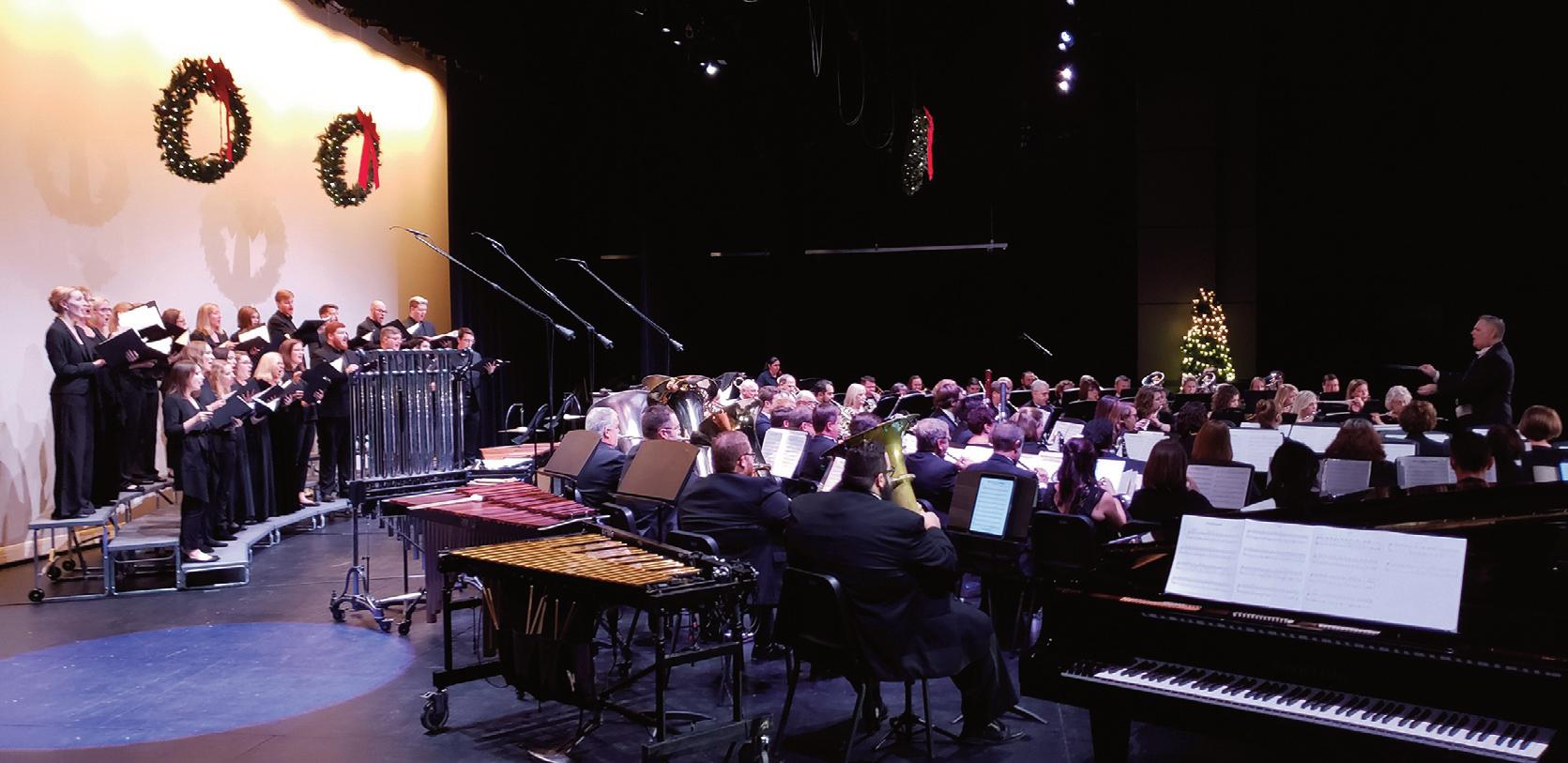
At the close of the fall semester and amongst winter concerts, football games, conferences and numerous family obligations, over one hundred music educators and lifetime music lovers gathered together with one primary goal: to promote the unity and collaboration of two of the state’s premier adult community ensembles as they share their ability to make music with each other and the community. The concert, the first of its kind for the ensembles, featured pieces for band and choir alone, selections for the combined ensembles, and had the addition of featured soloists Joy Waters Fowler and Bruce Meadows.
At their core, these ensembles aim to advocate for lifelong music education through performance. The Alabama Winds, founded in the summer of 2013, emphasizes the importance of fostering and promoting the concept of an adult community band, as well as the appreciation of high-quality wind band literature through performances of artistic merit. The Alabama Voices, formed in February of 2018, propose to cultivate an appreciation for the choral arts in Alabama, connect communities within the state through the performance of choral repertoire, and offer an outlet for music educators to continue performing in a high-level ensemble.
Both ensembles greatly value the ability to represent Alabama through the performance of quality literature, and to share this music with others in the community. Most members of each group are practicing music educators who feel it is important to develop musicianship in venues outside of the classroom. The centrality of
these ensembles allows members the convenience of meeting in the most accommodating location, as both ensembles rehearse monthly in Birmingham. There is a special comradery that is shared amongst these musicians, which is a leading contributor in why these adult community ensembles are growing in number in the United States and all over the world. In a recent survey of community bands in Ontario, Canada, it was revealed that socialization, friendships, and mentoring were strong reasons for participation in community bands (Mantie, 2012). It is evident that the members in these ensembles hold in high regard the ability to participate with like-minded colleagues and musicians.
Music programs within school systems thrive when a combined effort is made to promote an entire department’s mission and outreach. With the added benefit of having music teachers within each ensemble, a goal for the Alabama Voices and Alabama Winds is to continue inviting young students into the concerts. Both ensembles wish to show younger audience members that music is an enriching activity that can be continued long after they leave the classroom. Harris Gessner, Artistic Director for the Alabama Voices, reiterates the importance of ensemble collaboration:
We share a joint passion for high-level music-making, so the greatest benefit to working with Alabama Voices is creative inspiration. Alabama Voices is always impressed by the elite level of musicianship that Alabama Winds displays each time they perform, and we consider it a blessing to share in that musicianship. We also acknowledge that members of Alabama Winds are our colleagues—they teach in the same school districts and share the same students. That dynamic gives our group another unique advantage to impact students and the communities they come from. Both groups wish to inspire music educators to not only teach students high level repertoire, but also to continue to perform it themselves. Music educators conventionally teach students in a classroom; Alabama Winds and Alabama
44 February/March 2020
Voices attempt to teach students by modeling music as a lifelong endeavor. We plan to spread this elite level of performance outside our classrooms to reach as many music educators and aspiring students across the state as possible.

The Alabama Winds performs at one local (within-state) honor band each spring, in an effort to make their music more accessible to younger audiences. Through collaboration, these ensembles are enforcing performance as an integral part of what educators do. Sharing the joy of music performance with other mission-driven ensembles only allows room for more creativity. According to Elliott (1995); “Musicianship includes educated or knowledgeable feelings for the nature of music making and the nature of musical works in the contexts of definite music cultures” (p. 65). Reimer (2003) further enforces Elliott’s praxial philosophy:
In music, it is to emphasize, as central to the enterprise, those people who “make” music—who bring musical sounds into being—and how they go about doing what they do. The product of the making, the “piece” or “work” they produce by their doings, is not really the point. The point, or value, or essence of music is in the doing of it (p. 48).
Though a young organization, the Alabama Voices has already established a concert cycle that consists of 3 formal concerts a year. This summer the Alabama Voices will perform at the Alabama ACDA Conference in Tuscaloosa. The choir has held steady membership since their inception a mere two years ago and hope that by collaborating with their instrumental counterpart, they can continue to spread their message of lifelong vocal performance. The Alabama Winds, having only been in existence for 6 years, has performed twice at the Alabama Music Educators Conference, in both 2015 and 2019, and performed at the 2017 Midwest Band and Orchestra Clinic in Chicago. The Alabama Winds stays busy with at least three concert performances in a year: a winter concert, a spring honor band concert, and a Memorial Day concert. The spring concert has become the ensemble’s opportunity to bring our music to local district and university honor bands. The members of the Alabama Winds believe that access to quality music performances should be made easily available to all students in our state. With regard to the combined mission and future of the ensembles, Randall Coleman, Conductor and Artistic Director for the Alabama Winds, states:
When Alabama Winds was formed in 2013, we took great care in writing our mission statement and objectives, two of which state our desire to promote quality ensemble performances for the people of our state and to provide our members with an opportunity for musical expression, growth, and fellowship. The collaboration with our friends and colleagues, the Alabama Voices, strike at the heart of these central statements in our mission. The work of both Alabama Voices and Alabama Winds helps to demonstrate to our community at large that music-making is a lifelong endeavor. Our students need to know that their teachers, not only teach music, they play music. This is a powerful statement to the future of our profession and to our legacy as educators. Our students and community members need to see that you don’t have
to stop making music when you graduate from high school or college…they need to see that making music is enjoyable, educational and essential to us as human beings. What better way to demonstrate this than to have both a choral ensemble and wind band combine to create a very special concert for our community. I am certain that this collaboration with the incredibly talented members of Alabama Voices and Alabama Winds is the first of many more to come.
All members of these groups pay dues and are not reimbursed for travel expenses to rehearsals and concerts. Yet, they make time once a month to drive from all corners of the state to reconnect with each other and make music, and that shared sentiment is evident in the way these groups perform together. With the rise of community ensembles, now is an ideal time to consider joining one of these organizations. If you are interested in membership in Alabama Winds, please visit www.alabamawinds.org. For more information on membership in Alabama Voices, visit www.alabamavoices.org.
References
Elliott, D. J. (1995). Music matters. New York, Oxford: Oxford University Press.
Reimer, B. (2003). A philosophy of music education: Advancing the vision (3rd ed.). New Jersey: Prentice Hall.
Mantie, R. (2012). A study of community band participants: Implications for music education. Bulletin of the Council for Research in Music Education. 191(21-43).

Elizabeth Haynes is pursuing her PhD in Music Education at Auburn University where she serves as a Graduate Teaching Assistant with both the Department of Curriculum and Teaching and Music Department. Ms. Hynes earned her Bachelor of Music Education degree from Auburn University in 2010 and Master of Music degree in Music Education from LSU in 2013. Prior to returning to Auburn, Ms. Haynes was Director of Bands at Whitewater Middle School in Fayetteville, Georgia. Ms. Haynes currently plays in the Alabama Winds.
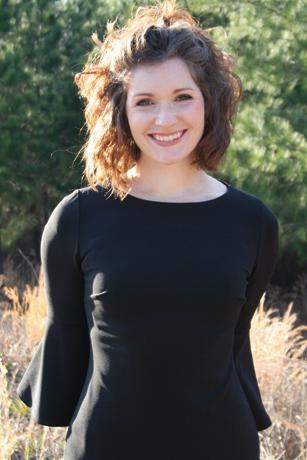
ala breve 45
AMEA Division Events 2019 - 2020
Alabama Bandmasters Association
46 February/March 2020
District Event Location Date Deadline Statewide All State Solo Festival University of Alabama Huntsville 4/22/20 3/1/20 All State Festival Von Braun Civic Center April 23-25, 2020 3/1/20 Summer Convention Hampton Inn June 23-25, 2020 District 1 District Fall Meeting James Clemens HS 8/19/19 All State/ District HB Auditions Sparkman HS January 24 & 25, 2020 12/9/19 Unassigned All-State Auditions Albertville HS 1/11/20 12/9/19 District Honor Band Grissom HS February14 &15, 2020 12/9/19 MPA #1 James Clemens HS March 3-4, 2020 1/17/20 MPA #2 Hartselle HS March 11-13, 2020 1/17/20 Solo and Ensemble #1 Priceville HS 3/21/20 2/21/20 Solo and Ensemble #2 Meridianville MS 4/18/20 3/20/20 District Spring Meeting TBA TBA TBA District 2 District Fall Meeting Gadsden City HS Band room 8/27/19 All State Auditions Albertville HS 1/11/20 12/9/19 Unassigned All-State Auditions Albertville HS 1/11/20 12/9/19 District Honor Band Gadsden City HS February 7-8 2020 1/20/20 MPA Gadsden City HS Audiorium February 25-28, 2020 1/20/20 Solo and Ensemble #1 Southside HS 4/13/20 3/30/20 Solo and ensemble #2 Oxford HS 4/27/20 3/30/20 District 3 District Fall Meeting TBD TBD All State Auditions Muscle Shoals HS 1/25/20 1/6/20 District Honor Band Russellville HS February 14-15, 2020 1/31/20 MPA Florence HS March 3-5, 2020 2/7/20 Solo and Ensemble Muscle Shoals HS 5/2/20 4/13/20 District 4 District Fall Meeting Hoover HS 9/10/19 All State Auditions Hoover HS 1/25/20 1/10/20 District Honor Band Chelsea HS February 28-29, 2020 1/31/20 MPA Week 1 Vestavia Hills HS March 9-12, 2020 12/20/19 MPA Week 2 Thompson HS March 16-19, 2020 12/20/19 Solo and Ensemble #1 Mountain Brook HS 4/28/20 4/3/20 Solo and Ensemble #2 Bumpus MS 5/2/20 4/3/20 District Spring Meeting Vestavia Hills HS 5/18/20 District 5 District Fall Meeting Heather Henson's House 8/22/19 All State/District Honor Band Audi- Brookwood HS 1/25/20 1/10/20 Unassigned All-State Auditions Wetumpka MS 1/25/20 1/10/20 District Honor Band University of Alabama February 21-22, 2020 2/7/20 District Meeting University of Alabama 2/22/20 MPA University of Alabama March 6-7, 2020 2/7/20 Solo and Ensemble #1 Prattville JHS 4/2/20 3/19/20 Solo and Ensemble #2 Tuscaloosa Co. HS 4/14/20 3/31/20 District 6 District Fall Meeting El Rey de Todos - Auburn 8/17/19 All State Auditions Wetumpka HS 1/25/20 1/10/20 Unassigned All-State Auditions Wetumpka MS 1/25/20 1/10/20 District Honor Band Auburn HS February 14-15, 2020 2/2/20 MPA Auburn HS March 2-5, 2020 2/10/20 Solo and Ensemble Trinity Presbyterian 4/18/20 3/30/20 District 7 District Fall Meeting Davidson High School 8/26/19 All State Auditions Saraland HS 1/25/20 1/10/20 MPA Baker HS March 17-20, 2020 2/7/20 District Honor Band Theodore High School March 26-29, 2020 2/28/20 Solo and Ensemble Spanish Fort MS 5/2/20 4/3/20 District Spring Meeting Daphne High School 5/18/20 District 8 District Fall Meeting TBA Enterprise AL 8/19/19 All State Auditions Coppinville JH Enterprise 1/25/20 1/13/20 MPA Enterprise Performing Arts Center March 3-5, 2020 2/7/20 District Honor Band Enterprise HS March 6-7, 2020 2/14/20 District Spring Meeting Enterprise HS 3/6/20 Solo and Ensemble #1 Daleville HS 5/2/20 4/10/20 Solo and Ensemble #2 Greenville HS 5/9/20 4/10/20
Alabama Vocal Association
Elementary/General Division
Alabama Orchestra Association
ala breve 47
August 24, 2019 East Alabama Music Workshop Grace United Methodist Church, Auburn, AL October 18, 2019 AMEA Choir Festival Eastmont Baptist Church, Montgomery October 19, 2019 Fall AMEA Workshop Eastmont Baptist Church, Montgomery January 16-18, 2020 AMEA Professional Development Conference Renaissance Montgomery Hotel and Spa AMEA Collegiate Division October 27, 2019 Collegiate Summit Samford University January 16-18, 2020 AMEA Professional Development Conference Renaissance Montgomery and Convention Center State Events Event Date Reg. Deadline Location Fall Workshop Friday, September 06, 2019 Friday, August 30, 2019 Huntingdon College ASSC Auditions Friday, October 18, 2019 Thursday, September 19, 2019 Online through Acceptd AMEA January 16-18, 2020 See AMEA website Renaissance Montgomery Honor Choir January 16-18, 2020 Thursday, December 05, 2019 Renaissance Montgomery ASSC January 15-18, 2020 Wednesday, December 04, 2019 Renaissance Montgomery All-State March 5-7, 2020 Wednesday, January 23, 2019 BJCC OCS/OA/ME District Date Reg. Deadline Location I Monday, November 18, 2019 Thursday, October 03, 2019 Decatur HS II Tuesday, November 19, 2019 Thursday, October 03, 2019 Paul W. Bryant High School III Thursday, November 14, 2019 Thursday, October 03, 2019 Cahaba Heights UMC IV Friday, November 22, 2019 Thursday, October 03, 2019 Oxford High School V Tuesday, November 19, 2019 Thursday, October 03, 2019 Madison Academy VI Thursday, November 21, 2019 Thursday, October 03, 2019 Tallassee High School VII Friday, November 22, 2019 Thursday, October 03, 2019 St. Michael Catholic High School All-State Auditions District Date Reg. Deadline Location I Sunday, November 03, 2019 Thursday, September 19, 2019 Muscle Shoals II & III November 1-2, 2019 Thursday, September 19, 2019 Tuscaloosa IV Thursday, October 31, 2019 Thursday, September 19, 2019 Gadsden V November 4-5, 2019 Thursday, September 19, 2019 Huntsville VI November 6-7, 2019 Thursday, September 19, 2019 Montgomery VII Friday, November 08, 2019 Thursday, September 19, 2019 Mobile Solo & Ensemble District Date Reg. Deadline Location I Monday, March 18, 2019 Tuesday, February 05, 2019 Highland Baptist, Florence II Thursday, February 21, 2019 Thursday, January 10, 2019 University of Alabama III Friday, February 22, 2019 Thursday, January 10, 2019 Cahaba Heights UMC IV Monday, February 18, 2019 Monday, January 07, 2019 Jacksonville State University V February 19-20, 2020 Tuesday, January 08, 2019 First Baptist Church, Huntsville VI Sunday, April 07, 2019 Monday, February 25, 2019 Taylor Road Baptist Church VII Sunday, March 10, 2019 Monday, January 28, 2019 Spring Hill Baptist Church SCPA District Date Reg. Deadline Location I March 18-19, 2020 Tuesday, February 05, 2019 Highland Bapt,Florence/1st Bapt, Decatur II March 26-27, 2020 Wednesday, February 13, 2019 University of Alabama III March 30-April 1, 2020 Sunday, February 17, 2019 TBA IV Wednesday, April 10, 2019 Thursday, February 28, 2019 Gadsden City High School V April 13-14, 2020 Thursday, February 28, 2019 Grissom High School VI Sunday, April 07, 2019 Monday, March 25, 2019 Taylor Road Baptist Church VII Sunday, March 24, 2019 Monday, February 11, 2019 Spring Hill Baptist Church August 2, 2019 All-State Audition Materials Released November 25, 2019 Wind & Percussion Audition Results Posted September 27, 2019 All-State Audition Application Deadline December 6, 2019 All-State Scholarship Application Deadline Early October String Auditions (Early Wind & Perc.) January 16-18, 2020 AMEA Conference Early November Wind & Percussion ONLY Auditions February 6-9, 2020 All-State Orchestra Festival November 18, 2019 String Audition Results Posted Spring 2020 AOA Music Performance Assessment
Choral Music Reviews
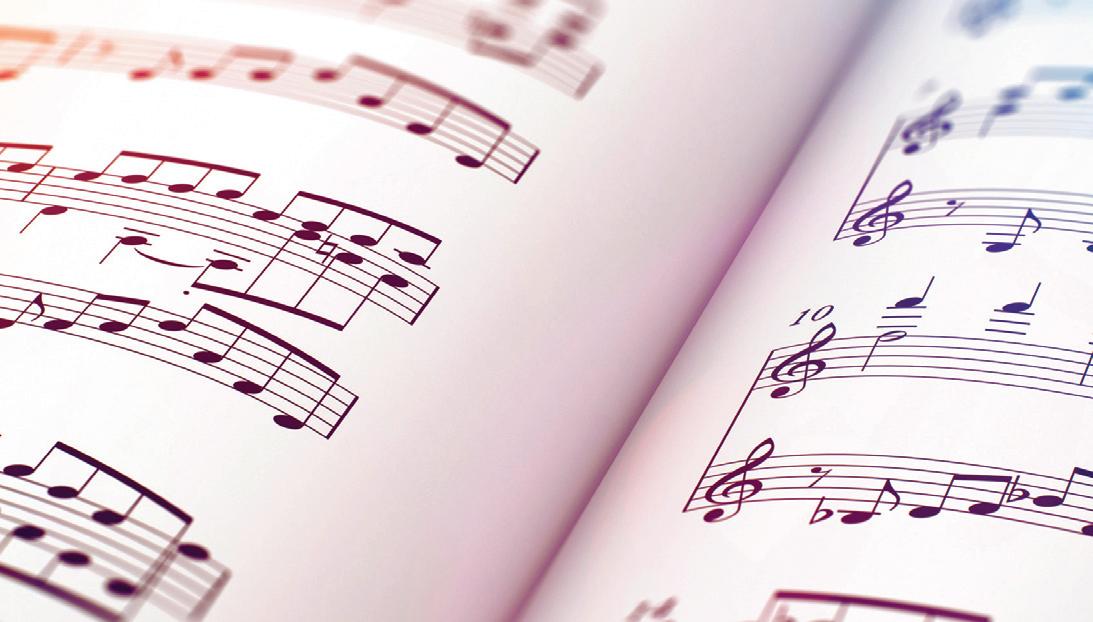
Tenor-Bass Choir Focus
I Shall Not Live in Vain
J. Reese Norris
for TTB or SATB Choir, solo, piano, and optional string quartet & suspended cymbal
Text by Emily Dickinson (1830-1886) MusicSpoke
Duration: Approximately 4:20
The description on the publisher’s website is as follows: “The profound text from American poet, Emily Dickinson is married perfectly to the scripture found in Matthew 25...This is a powerful, compelling song of statement and purpose.” The text is, indeed, profound and compelling as one would expect from J. Reese Norris. His skillfully uses vocal range to optimize the dynamics, thus, drawing unmistakable attention to key parts of the text. For instance, in the TTB setting, the first tenors sing high G’s that occasionally resolve up to an A-flat. The effect during a performance can be quite stunning. The composition is accessible, both vocally and instrumentally, but it is quite evident that it is not intended to be music for music’s sake. Rather, the apparent intention is to inspire the listener.
Sing, Now, Ye Sons of Art
Henry Purcell (1659-1695), arr. by Victor C. Johnson from “Birthday Ode for Queen Mary” (1694) for TB Chorus and piano with optional Bb trumpet
Text by Nahum Tate (1652-1715)
Heritage Music Press / Lorenz Corporation

15/2781H-3
Duration: Approximately 1:30
Victor Johnson’s setting of this historic composition is an appealing addition to any tenor-bass choir, and it presents several built-in teaching moments that can enhance the learning and musicality of any tenor-bass choir: 1) it presents the opportunity to reinforce lessons in dynamic contrast and terraced dynamics; 2) it has easily identifiable elements of Baroque style; 3) the optional trumpet part is accessible to intermediate players; 4) the piano accompaniment is accessible to intermediate players; 5) it is a great concert opener; , 6) the melody appears equally between both voice parts, initially as alternate phrases, thus, requiring the ensemble to focus attention on achieving a good balance; 7) the occasional accidentals call attention to the composer’s unmistakable use of secondary dominants; 8) in the absence of players, a performance/accompaniment CD is available for purchase.
Let All Men Sing words and music by Keith
Christopher for TTBB and piano
by William Powell
(also published for SATB and piano with alternate title “Let Us All Sing”)
Hal Leonard Corporation

HL 08703182
Duration: Approximately 2:30
Another great concert opener with an exuberant piano accompaniment, Keith Christopher’s classic composition is worth listing in this article, whether to introduce it to a new generation of choral teachers, or to reintroduce it to veteran directors. The phrases generally begin in unison, and peel off into harmonies, sometimes with lush suspensions. In addition to the monophonic and homophonic textures in the voices, Christopher also briefly utilizes polyphony to increase interest and diversify the composition. The rhythms are straight-forward and easy to read, including the syncopations. The text is suitable in both secular and sacred environments.
William Powell Director of Choral Activities Auburn University

THE 2020 STUDENT
COMPETITION
48 February/March 2020
ENTER
COMPOSERS
Learn more: bit.ly/NAfMEStudentComposers Entry deadline: March 27, 2020
NAfME is seeking original music by student composers for featured performance at the 2020 NAfME National Conference. Teachers and students are invited to submit original student compositions for Symphonic Orchestra or Reed Quintet. Cash prizes will be awarded to winners and honorable mentions.
Students in elementary school, secondary school, college, and graduate school are eligible to submit compositions. Compositions submitted that fall outside of the orchestral or chamber instrumentation guidelines will be adjudicated but will not be eligible for awards or for performance.
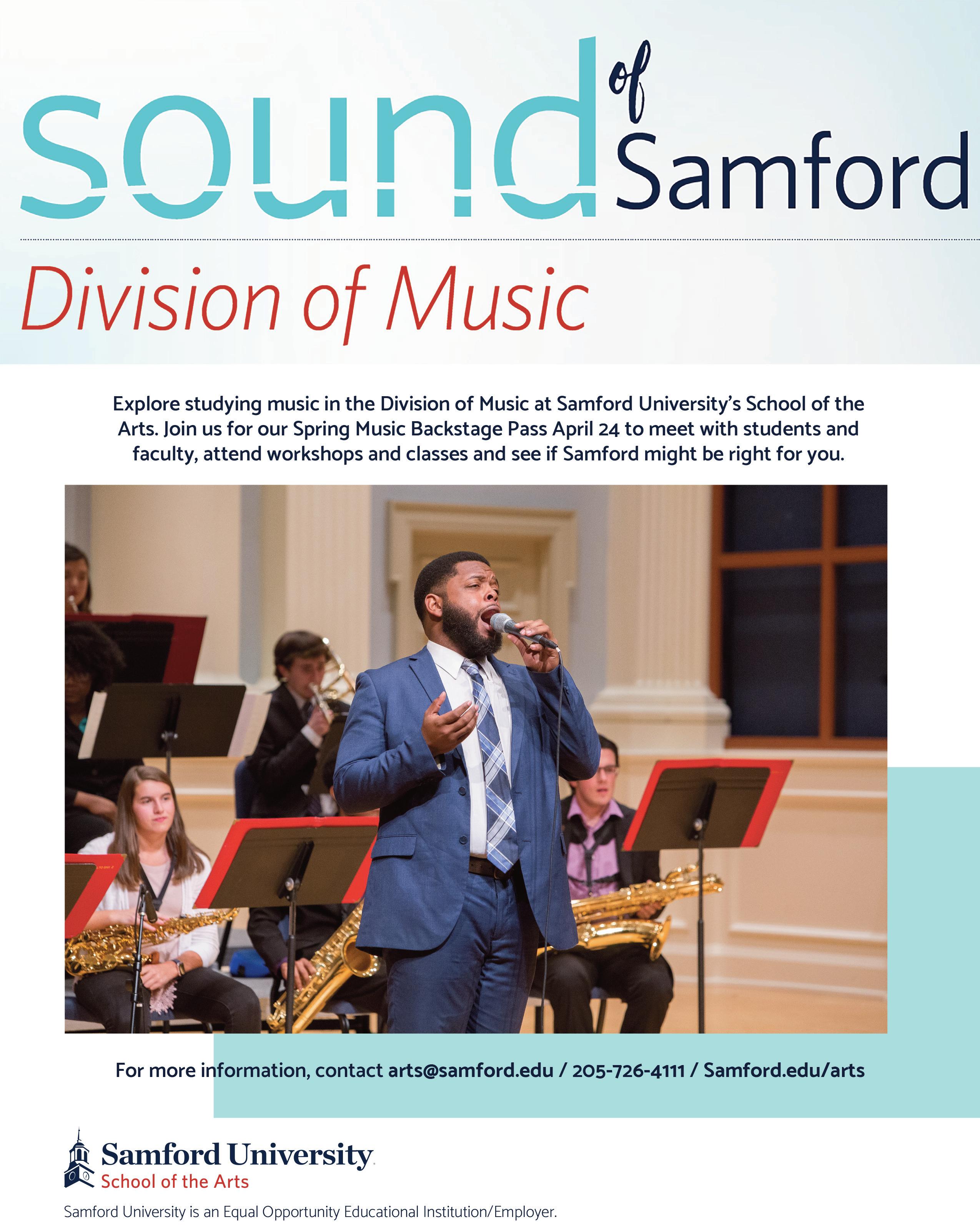
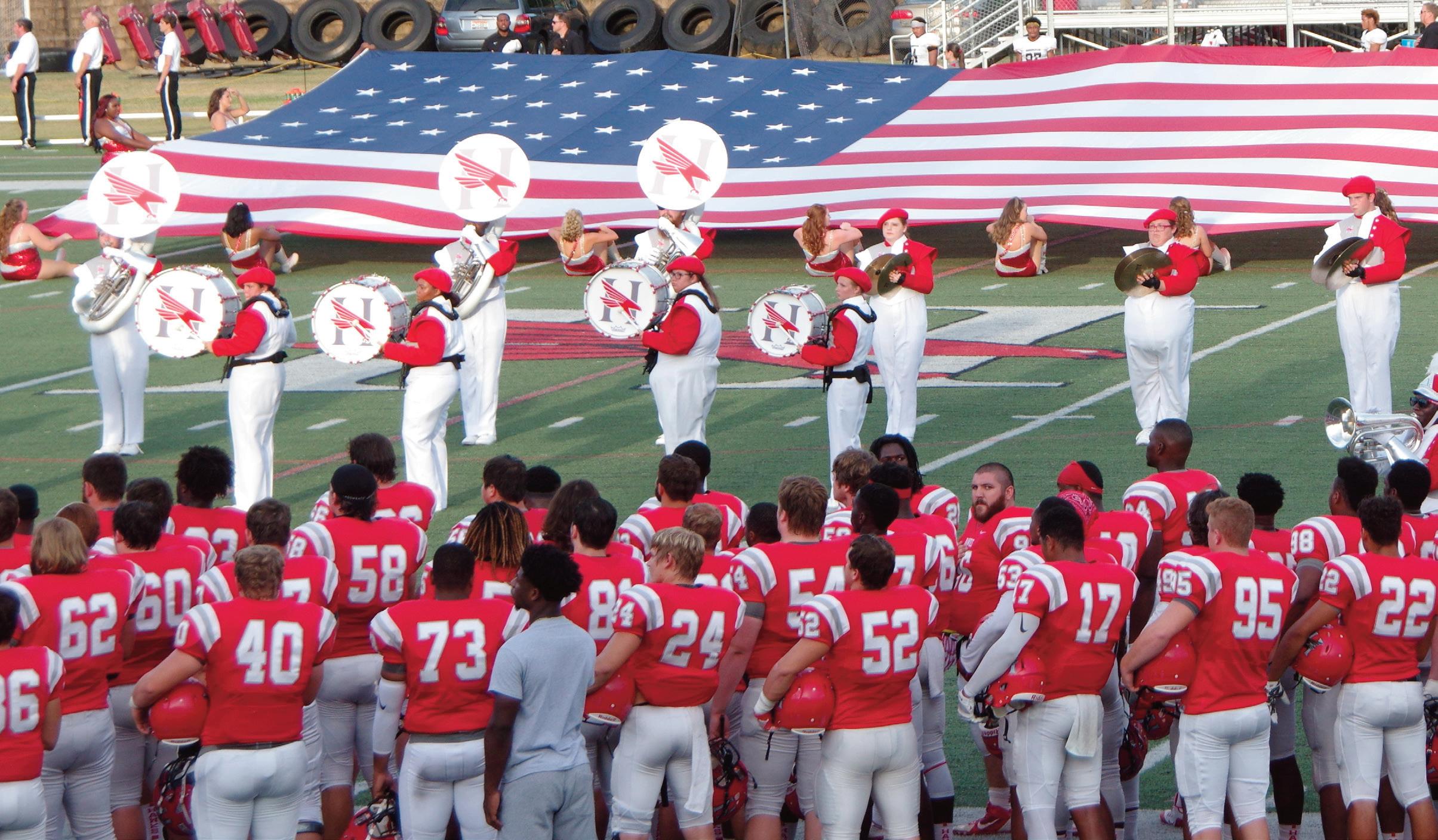

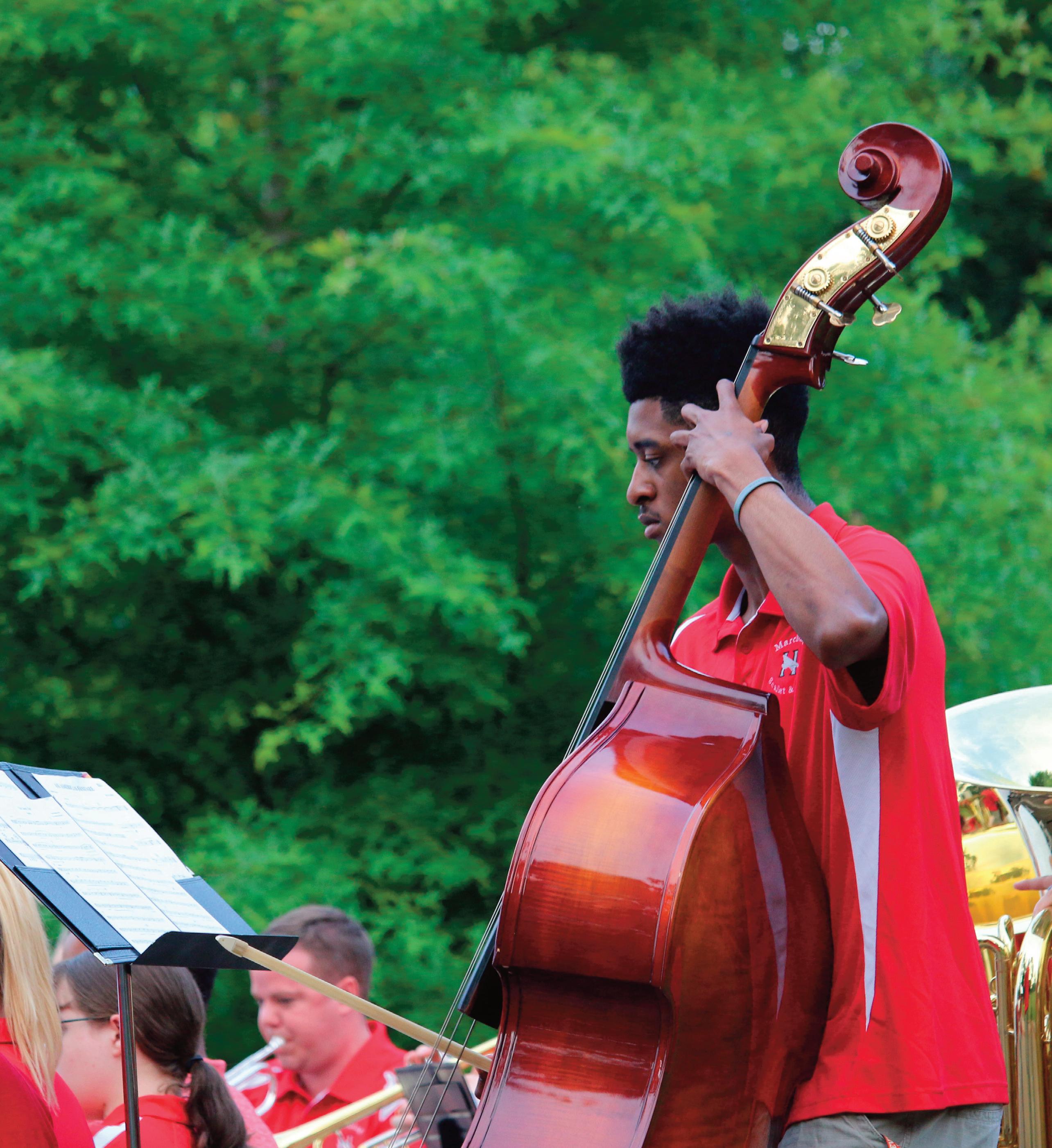


HUNTINGDON BANDS Huntingdon College Bands @huntingdonbands
BallHawks Pep Band
Huntingdon College is committed to a policy against legally impermissible, arbitrary, or unreasonable discriminatory practices. Huntingdon College is accredited by the Southern Association of Colleges and Schools Commission on Colleges to award the Bachelor of Arts, Bachelor of Science, and the Associate of Arts. Contact the Commission on Colleges at 1866 Southern Lane, Decatur, Georgia 30033-4097 or call 404-679-4500 for questions about the accreditation of Huntingdon College. The Huntingdon College music program is accredited by the National Association of Schools of Music. Honor Bands: huntingdon.edu/bands Email: hcbands@hawks.huntingdon.edu
Huntingdon Winds & Jazz Marching Scarlet & Grey
Each Member of the Jaguar Marching Band receives a scholarship
Full-Band travel opportunities to away games and exhibitions
Matching University-provided wind instruments

Fastest growing University in the state and region No fees and No fundraising!
2020 AUDITION DATES
Woodwinds & Brass: Feb 1 Feb 29 April 11
Jaguar Drumline: March 21 (clinic) April 11 (auditions)
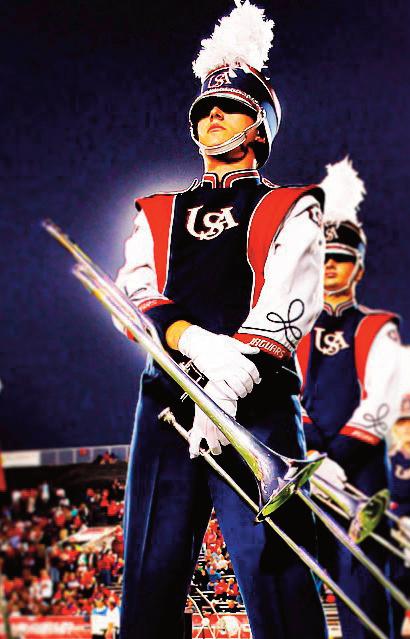
Color Guard: April 18

For more Information about AUDITION DATES visit jaguarmarchingband.org or call 251-460-6136

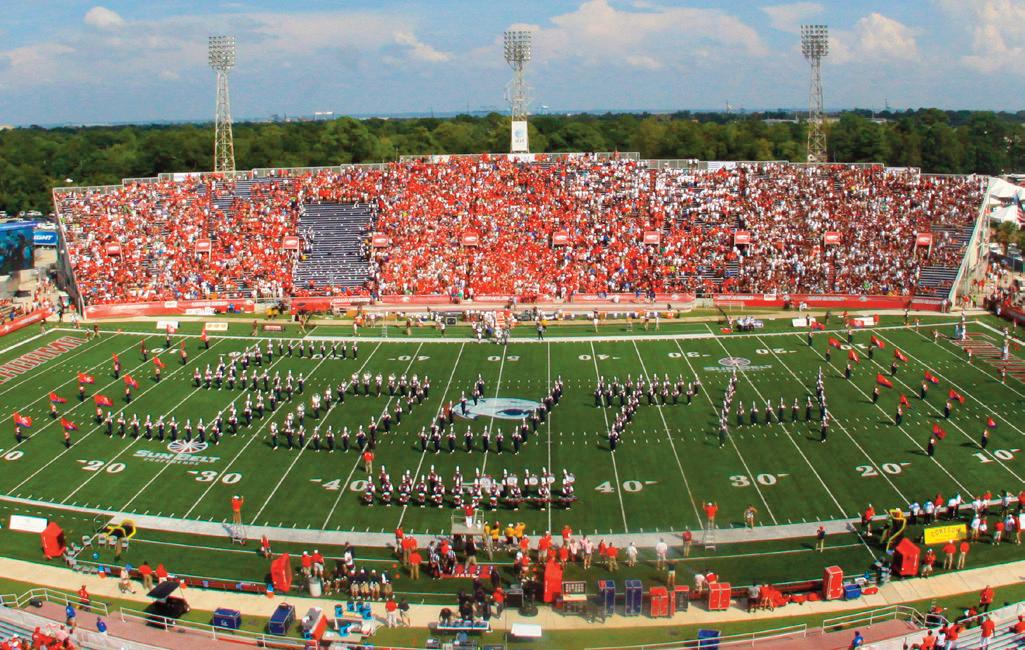
Laidlaw Performing Arts Center 5751 USA Drive South, Room 1072 Mobile, AL 36688 251-460-6136
www.jaguarmarchingband.org
facebook.com/jaguarmarchingband
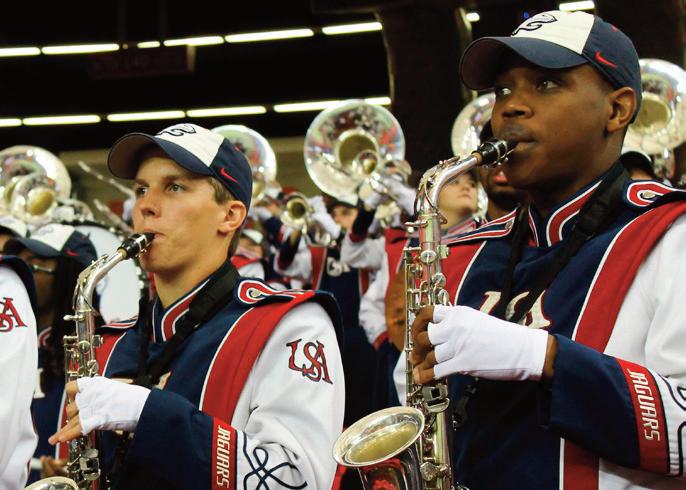
MORE INFORMATION,
Find out more about the Jaguar Marching Band
• usajmb@southalabama.edu FOR
TEXT JMB TO 251-241-0291








































































































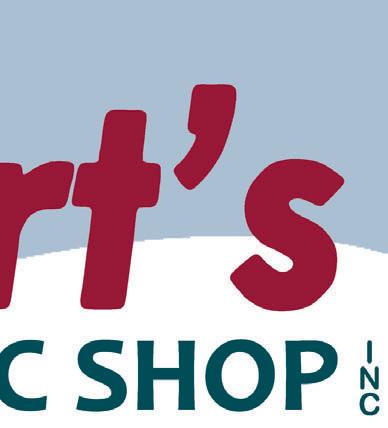













Serving the South’s Bands & Orchestras since 1905 Montgomery 3030 East Blvd 334.271.2787 Dothan 1861 W Main St #1 334.793.1284 4647-O Hwy 280S 205.995.8376 800-341-2787ArtsMusicShop.com B l vd 33 4. 2 71. 2 7 8 7 S t # 1 33 4.7 93.12 8 4 4 647-O Hw y 280S 2 05.995.83 76

 The Official Publication of the Alabama Music Educators Association
The Official Publication of the Alabama Music Educators Association












































 by: Griff Gall and Paul Weller
by: Griff Gall and Paul Weller









































































 by David Raney
by David Raney




































































































































